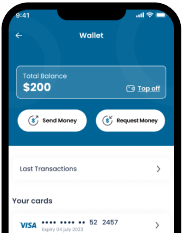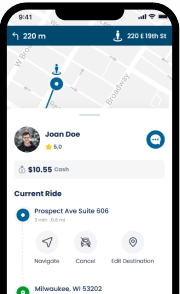Passenger
Team RideWyze Posted on 15th October 2024
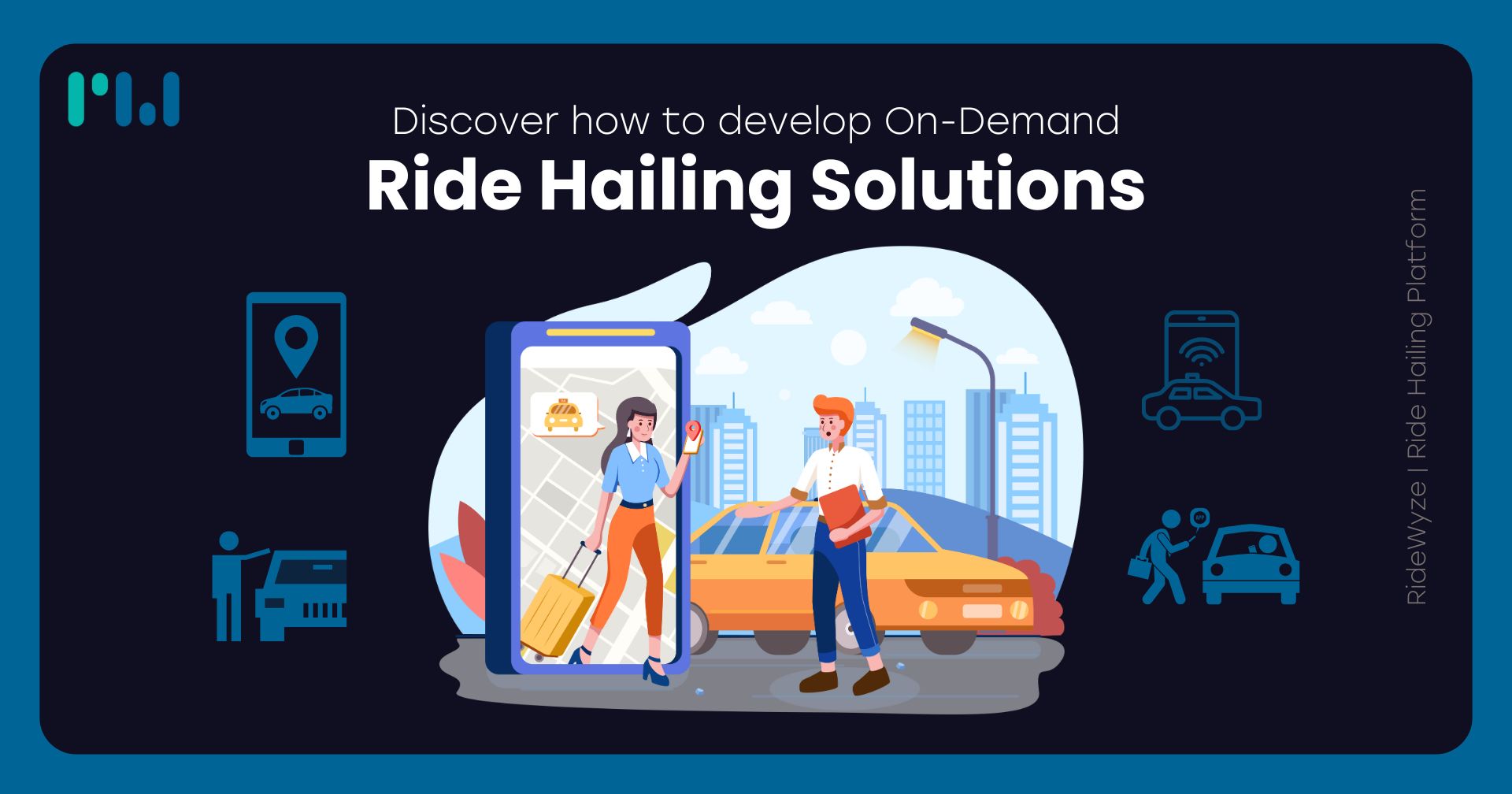
The rise of on-demand ride hailing solutions has fundamentally changed how we approach transportation. These platforms offer a convenient and efficient way to get from point A to point B using just a smartphone. Gone are the days of waving down a cab in the rain or waiting at a bus stop. With a few taps, you can summon a driver who picks you up within minutes. This transformation is not just about convenience; it's about reshaping urban mobility, making it more accessible, cost-effective, and personalized. Let’s take a deep dive into what on-demand ride hailing is all about, the benefits it brings, the challenges faced in its development, and the future trends shaping this industry.
On-demand ride hailing solutions leverage mobile apps to connect passengers with nearby drivers, facilitating rides at the click of a button. It’s a simple yet groundbreaking concept that has reshaped urban mobility around the world. These platforms operate using digital tools that allow real-time tracking, payment processing, and seamless communication between riders and drivers. At their heart, ride hailing solutions use technology to reduce the friction that typically comes with transportation services, making it possible for people to move more freely and efficiently in their daily lives.
The term "ride hailing" specifically refers to summoning a vehicle through an app to transport you directly to your chosen destination. This differs from traditional taxi services, which often require you to either call a dispatcher or flag down a car from the street. Ride hailing solutions have bridged the gap between passengers and drivers, removing the middleman and allowing for faster, more efficient services. Passengers can easily choose their preferred type of ride, be it a regular car, a luxury option, or even a shared ride. This convenience is part of what has driven the exponential growth of ride hailing companies in recent years.
Before the rise of ride hailing, most people relied on public transportation or traditional taxis for urban travel. The introduction of on-demand technology disrupted this space by offering a quicker, more personalized alternative. Using GPS technology, algorithms, and digital payment systems, ride hailing services provide an integrated experience where riders can see where their car is, how long it will take to arrive, and pay without ever taking out their wallet. This transformation has particularly benefited cities, where traffic congestion and parking scarcity are ongoing issues. By providing a streamlined and user-centric transportation option, on-demand ride hailing has redefined urban travel for millions.

To compete in the crowded market of ride hailing, apps must include a variety of features that enhance user satisfaction. A successful app doesn’t just connect riders and drivers; it ensures that the journey from booking to arrival is smooth, secure, and satisfying. Below are some of the most important features that drive the success of these platforms:
Convenience is key when it comes to payment, and successful ride hailing apps offer various options such as credit cards, debit cards, digital wallets, and even cash in some markets. This flexibility allows users to choose their preferred payment method, making the transaction process quick and hassle-free.
Real-time GPS tracking enables both riders and drivers to see each other's location, providing accurate arrival estimates. This feature builds trust and enhances safety by allowing riders to share their trip status with family and friends.
A built-in fare calculator gives users an estimated price before they confirm their ride. This transparency helps manage expectations and builds confidence in the service, as riders know what to expect when it comes to costs.
A robust ratings system allows users to provide feedback on their ride experience. This feature ensures that drivers maintain high standards of service, as low ratings can result in consequences, such as being removed from the platform.
Real-time notifications keep users updated about their ride status, including when a driver is on the way, arrival times, and fare changes. This keeps riders informed and engaged, enhancing their overall experience.
Offering various ride types (e.g., economy, premium, shared rides) gives users the freedom to choose what best suits their needs and budget. This flexibility is crucial for attracting a wide range of customers.
Life can be unpredictable, and users often need the ability to cancel rides. A simple cancellation process with clear policies helps maintain user satisfaction and encourages repeat use.
Like rider ratings, driver ratings allow drivers to evaluate their passengers. This feature promotes mutual respect and accountability, contributing to a safer environment for both parties.
Some platforms offer a "preferred driver" option, allowing users to select a specific driver for future rides. This feature fosters familiarity and comfort, making riders more likely to use the service again.
A straightforward registration process helps onboard new users quickly. Whether through email, social media accounts, or phone numbers, simplifying this step encourages more people to try the service.
As technology evolves, the integration of autonomous vehicles into ride hailing services is becoming more realistic. This innovation has the potential to revolutionize the industry further by reducing operational costs and improving efficiency.
In-app chat and call functionalities allow drivers and riders to communicate directly without exchanging personal information. This feature enhances safety and provides clarity in case of misunderstandings.
Users can choose to be dropped off at different locations, making it easier for group rides or complex itineraries. This adds flexibility and convenience for riders with multiple stops.
Creating user profiles allows apps to remember preferences, such as favorite drivers, preferred payment methods, and ride history. This personalization enhances the user experience and encourages loyalty.
Accessing a history of previous rides helps users keep track of their spending and can be useful for expense reports. It also adds a layer of convenience for users who frequently travel to the same locations.
The core function of any ride hailing app is the ability to book a ride seamlessly. Users should be able to input their destination and request a ride with minimal effort, ensuring a smooth experience.
Providing an option for in-app chat and calls helps resolve any issues that might arise during the ride. This feature promotes communication without compromising privacy, which is crucial for safety.
An intuitive driver app is just as important as the rider app. It should provide drivers with navigation, ride requests, earnings tracking, and feedback from riders, ensuring they have the tools they need to succeed.
Displaying driver status—whether they are available, on a ride, or offline—helps manage rider expectations and ensures a smooth flow of requests.
Using geolocation technology enhances the overall experience by providing accurate information about location and traffic conditions. This data helps in routing drivers efficiently and optimizing travel time.
Integrated navigation tools guide drivers to their destinations in the quickest way possible, reducing wait times for riders and improving overall service efficiency.
The popularity of ride hailing services can be attributed to the many benefits they offer. These platforms make life easier for both riders looking for a quick and comfortable ride and drivers seeking flexible work opportunities. Here’s a closer look at some of the key advantages:
Ride hailing apps put transportation directly into the hands of the user. No more waiting at bus stops or struggling to find a cab during rush hour. With ride hailing apps, users can summon a ride to their exact location and be on their way within minutes. The ability to schedule rides in advance adds another layer of convenience, especially for airport trips or early-morning commutes. This flexibility is a game-changer for urban dwellers and travelers alike, providing a reliable alternative when public transportation falls short.
For those with a car and the desire to earn, ride hailing platforms offer a flexible way to make money. Drivers can choose their own hours, decide which rides to accept, and even set preferences for the type of passengers they want to take on. This model is particularly appealing for people looking to supplement their income or who need the freedom to balance work with other commitments. It’s a win-win situation—drivers get a steady stream of income, and riders get a reliable ride whenever they need it.
Safety has always been a top concern for ride hailing platforms. Many apps have introduced features like SOS buttons, driver background checks, and the ability for riders to share their trip details with trusted contacts. Riders can feel safer knowing that their ride is being monitored and that they have an easy way to reach out in case of an emergency. Additionally, drivers also benefit from safety measures like rider verification and the ability to rate passengers. These measures create a safer environment for all parties and help build trust within the platform.
While the concept of ride hailing is simple, the development and operation of these platforms present unique challenges. Developers and operators must address various technical, regulatory, and operational issues to ensure a smooth user experience.
One of the biggest hurdles ride hailing services face is managing high demand during peak times, such as rush hours or large events. Surges in demand can lead to increased wait times, driver shortages, and customer dissatisfaction. To tackle this, companies use dynamic pricing algorithms—often called "surge pricing"—to incentivize more drivers to hit the road during busy periods. However, this approach can be controversial, as riders may feel frustrated by suddenly higher fares.
As ride hailing services continue to grow, so too does the scrutiny from regulators. Companies must navigate complex legal frameworks, which can vary widely from one city or country to another. Compliance with local laws regarding insurance, licensing, and safety regulations can be a daunting task. Additionally, there is an ongoing debate about the classification of drivers—whether they should be considered independent contractors or employees—which has significant implications for labor laws and benefits.
With numerous ride hailing apps on the market, establishing brand loyalty is critical for success. Companies must invest in building a trustworthy brand that prioritizes user safety and satisfaction. Continuous efforts to improve customer service, address complaints promptly, and ensure consistent quality of service are essential in cultivating long-term loyalty among riders and drivers.
The on-demand ride hailing industry is continually evolving, with several exciting trends on the horizon. As technology advances and user expectations change, here are some trends to watch in the coming years:
The future of ride hailing could be defined by the integration of autonomous vehicles into the fleet. Several companies are already experimenting with self-driving cars, which could significantly reduce operational costs and enhance safety by minimizing human error. While widespread adoption is still years away, the potential for autonomous ride hailing is a game-changer that could reshape the industry.
As environmental concerns grow, ride hailing services are exploring ways to become more sustainable. Initiatives such as offering electric vehicle (EV) options, promoting carpooling, and reducing emissions through efficient routing can help companies minimize their carbon footprint. These efforts not only benefit the planet but can also appeal to eco-conscious consumers.
As competition increases, ride hailing platforms will need to prioritize user experience through enhanced personalization. By leveraging data analytics, companies can offer tailored ride options, promotions, and communication based on user preferences and behaviors. This personalization can create a more engaging experience, ultimately leading to higher retention rates.
On-demand ride hailing solutions have transformed urban transportation, offering unmatched convenience and efficiency. With their diverse features, these platforms continue to adapt to user needs while navigating the challenges of a competitive market. As technology evolves, ride hailing services are poised to embrace exciting trends, such as autonomous vehicles and sustainability initiatives. By staying ahead of these developments and prioritizing user experience, ride hailing companies can pave the way for a smarter, more connected future in transportation.
On-demand ride-hailing solutions are technology-based services that connect passengers with nearby drivers through a mobile app. These solutions allow users to book rides instantly, track their driver's location in real time, and make cashless payments, offering a convenient alternative to traditional taxis. Popular examples include Uber, Lyft, and similar customized apps for different markets.
An effective on-demand ride-hailing solution should include features like real-time GPS tracking, in-app payments, user and driver profiles, rating and review systems, ride scheduling options, and route optimization. Additional safety features, multi-language support, and efficient customer support can further enhance user experience.
Businesses can benefit from implementing on-demand ride-hailing solutions by tapping into the growing demand for convenient transportation options. It allows them to reach a wider audience, improve customer satisfaction through reliable service, and generate revenue through commission-based models. Additionally, these solutions help streamline operations with automated dispatch and payment systems.
The cost of developing an on-demand ride-hailing solution varies depending on factors such as the app’s features, platform (iOS, Android, or both), and the location of the development team. Typically, a basic version may start at around $50,000, while more complex solutions with advanced functionalities can exceed $150,000.
Choosing a customized on-demand ride-hailing solution over a ready-made platform allows businesses to tailor the app to their specific needs, branding, and user preferences. Custom solutions also offer greater flexibility for adding unique features, scalability for future growth, and better integration with existing systems, making them ideal for companies seeking a competitive edge.
Our Blogs
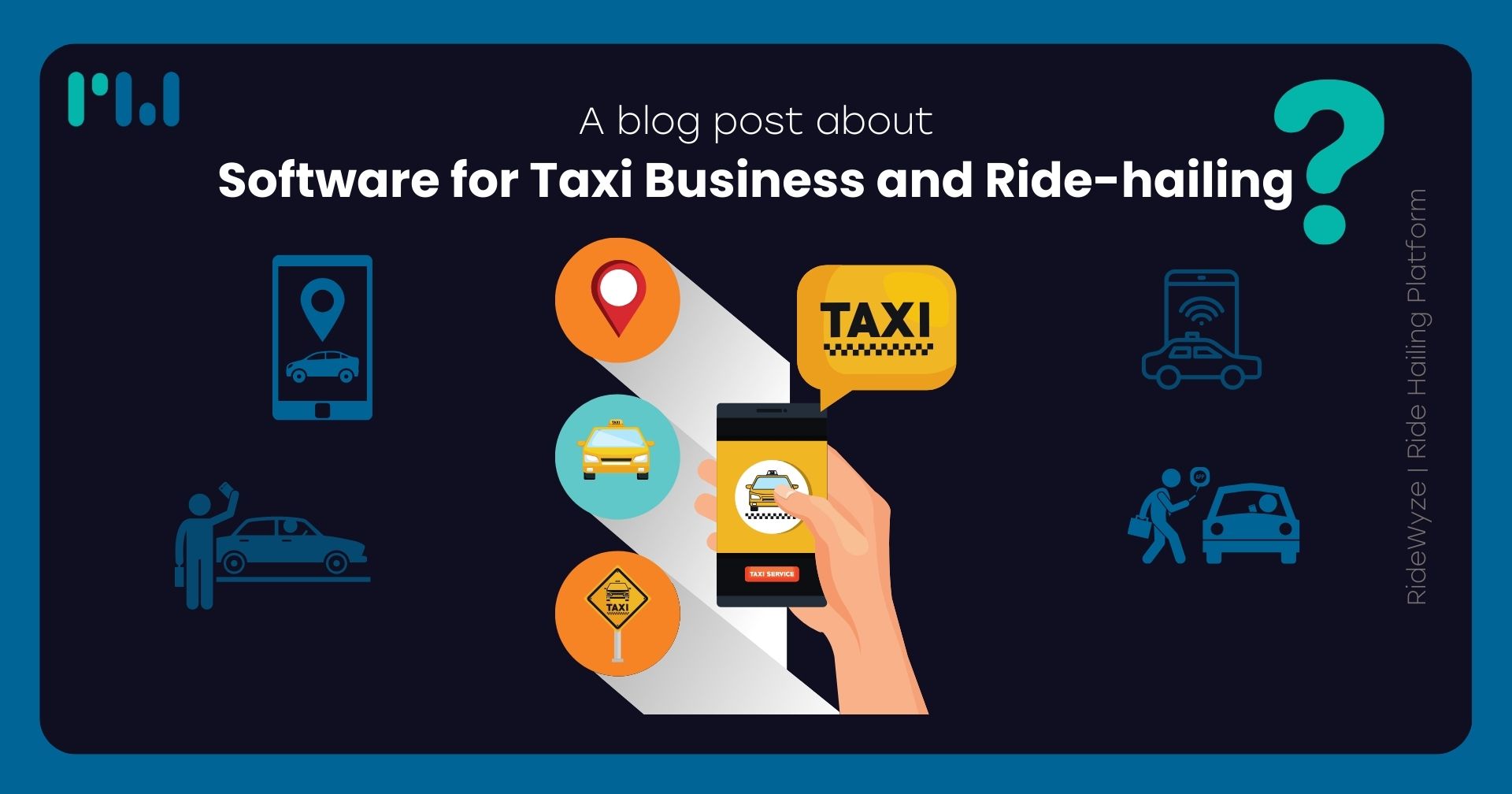
Article
Top Ride-Hailing Platforms
Discover powerful software solutions designed to streamline taxi and ride-hailing operations for better efficiency.
Sep 29, 2024 · 6 min read

Article
Software for Taxi Business and Ride-hailing
Discover powerful software solutions designed to streamline taxi and ride-hailing operations for better efficiency.
Sep 29, 2024 · 6 min read
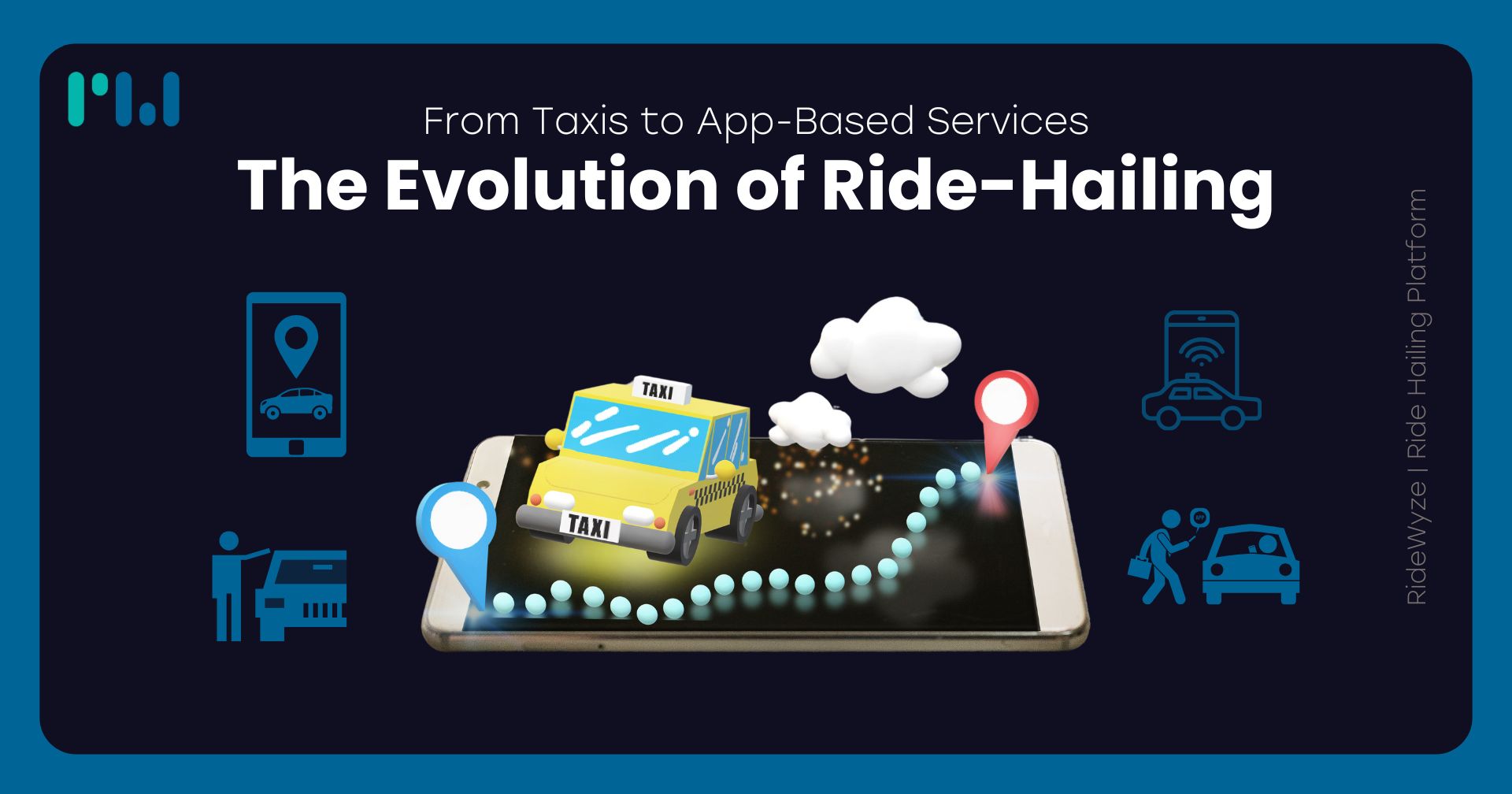
Article
The Evolution of Ride-Hailing: From Taxis to App-Based Services
Explore the journey of ride-hailing from traditional taxis to modern app-based services that redefine convenience.
Oct 6, 2024 · 6 min read
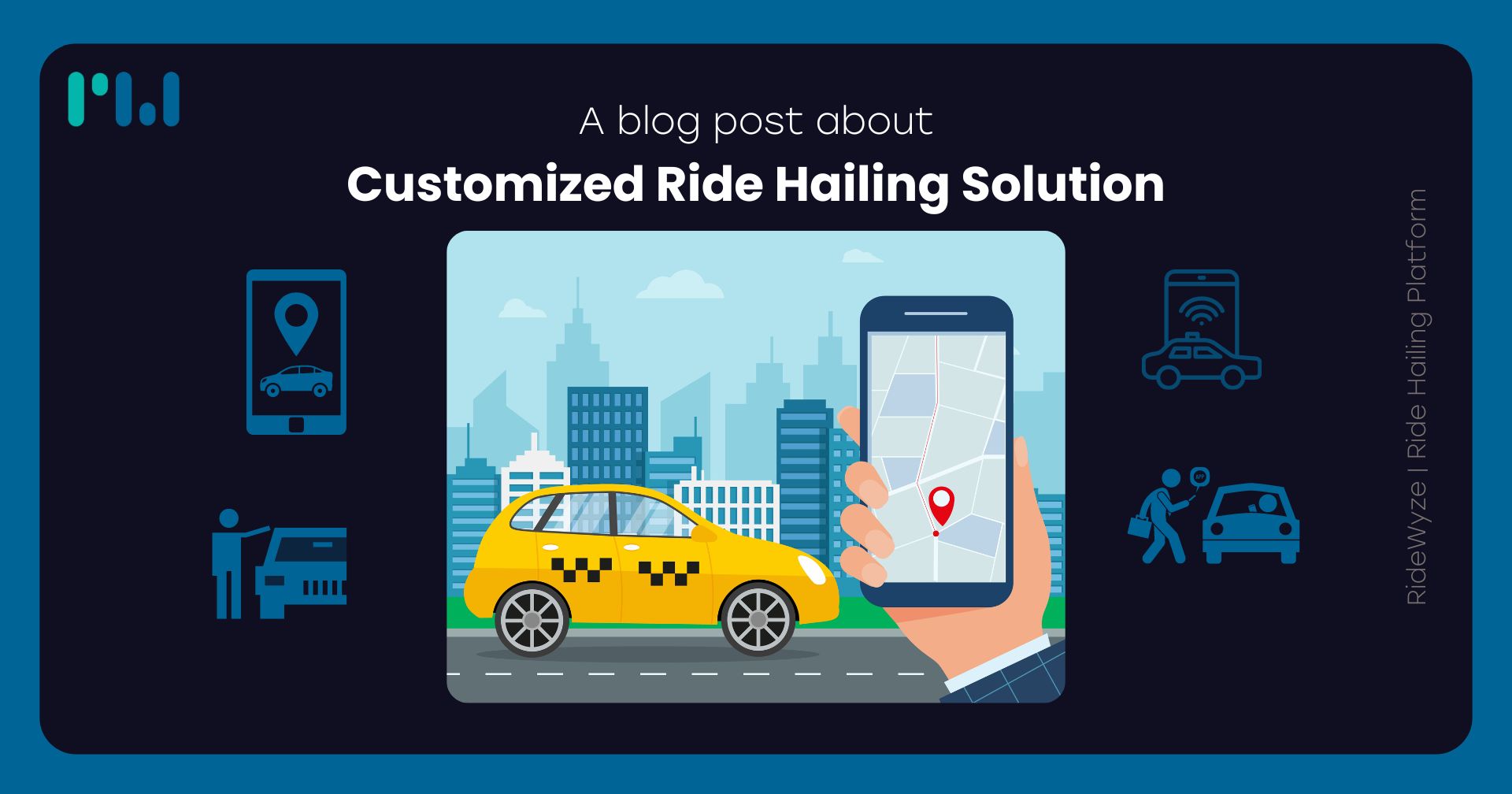
Article
Customized Ride Hailing Solution
Discover tailored ride-hailing solutions designed to meet unique business needs, enhancing efficiency and user experience.
Oct 10, 2024 · 6 min read

Article
On-Demand Ride Hailing Solutions
Discover flexible on-demand ride-hailing solutions to enhance your transportation services. Learn how to streamline your operations today!
Oct 15, 2024 · 6 min read
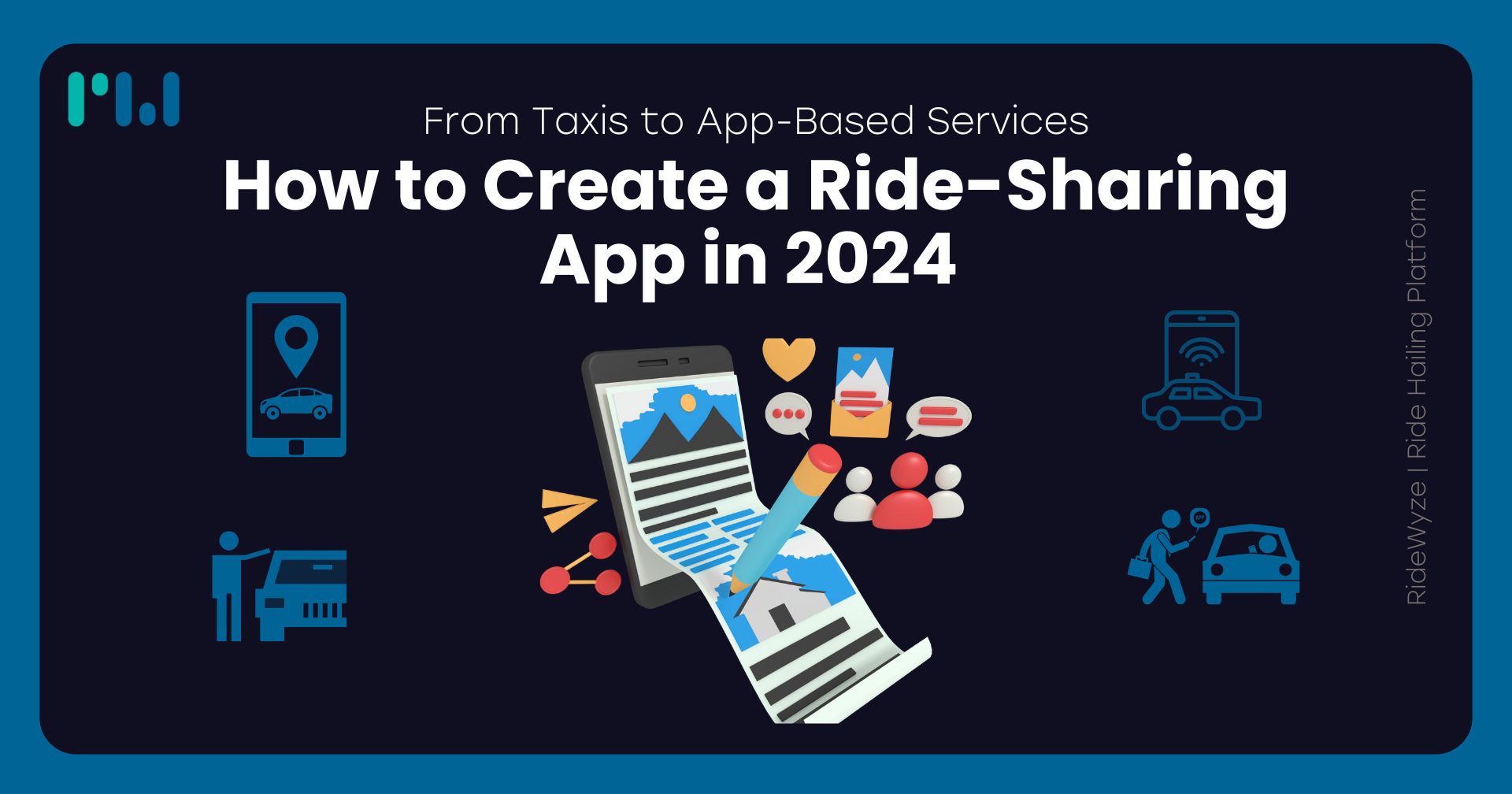
Article
How to Create a Ride-Sharing App in 2024
Learn the step-by-step process to create a successful ride-sharing app in 2024, from planning to development and launch.
Oct 16, 2024 · 6 min read
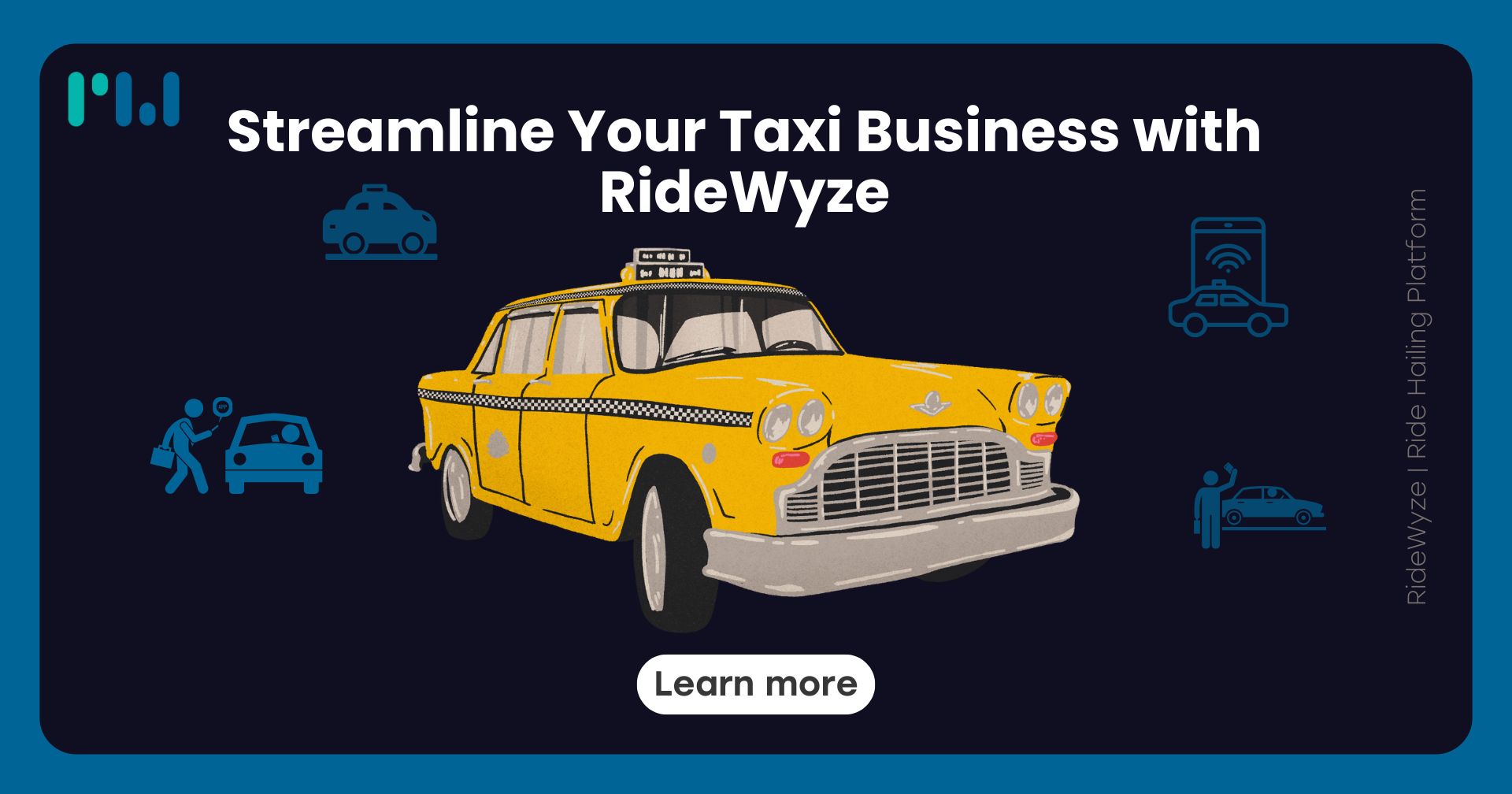
Article
Streamline Your Taxi Business with RideWyze
Optimize your taxi business with RideWyze’s efficient platform, offering seamless management and enhanced customer experience.
Oct 17, 2024 · 6 min read
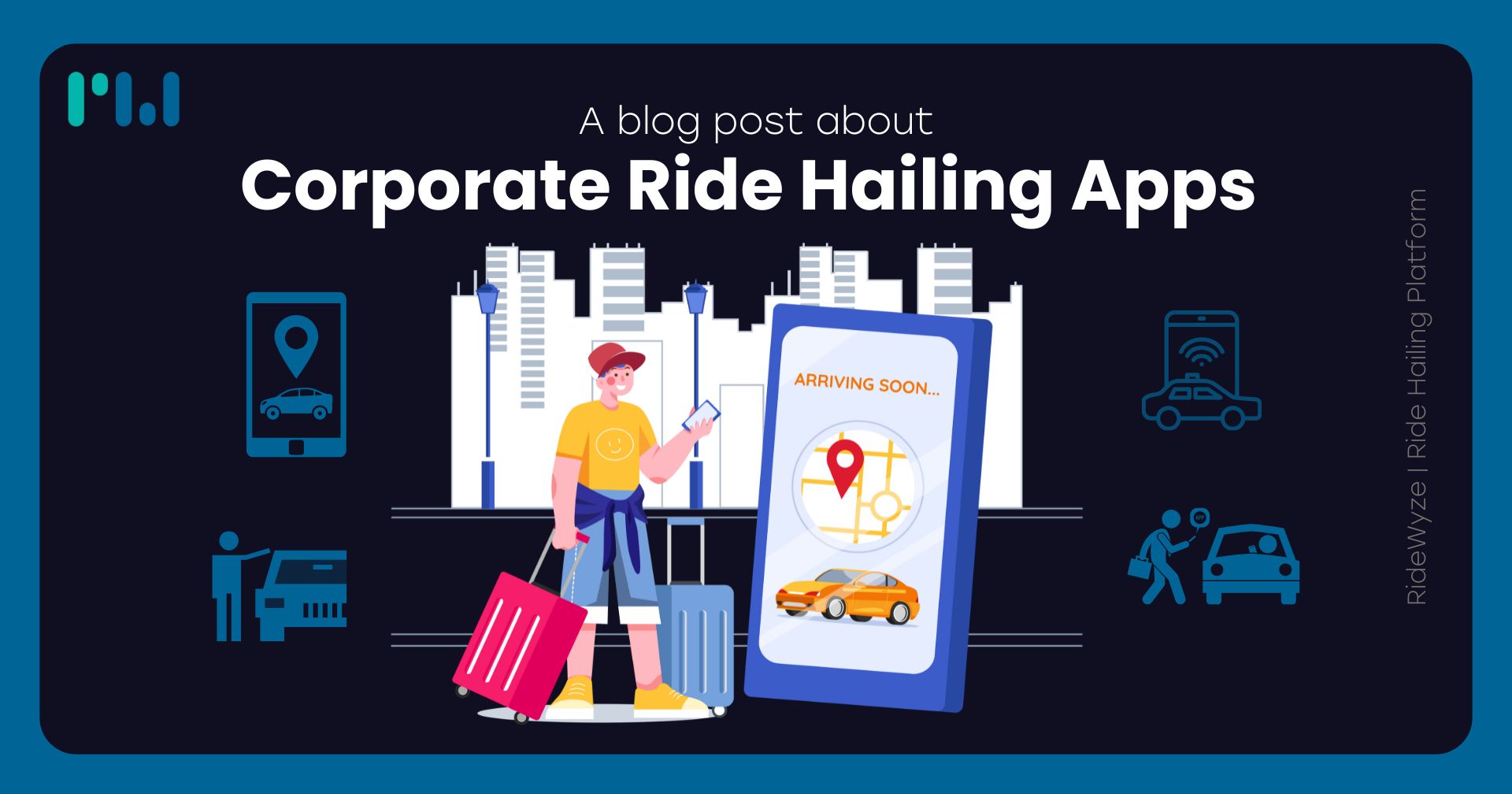
Article
Corporate Ride Hailing Apps
Discover the benefits of corporate ride-hailing apps for businesses, offering cost-effective and efficient transportation solutions for employees.
Oct 22, 2024 · 6 min read
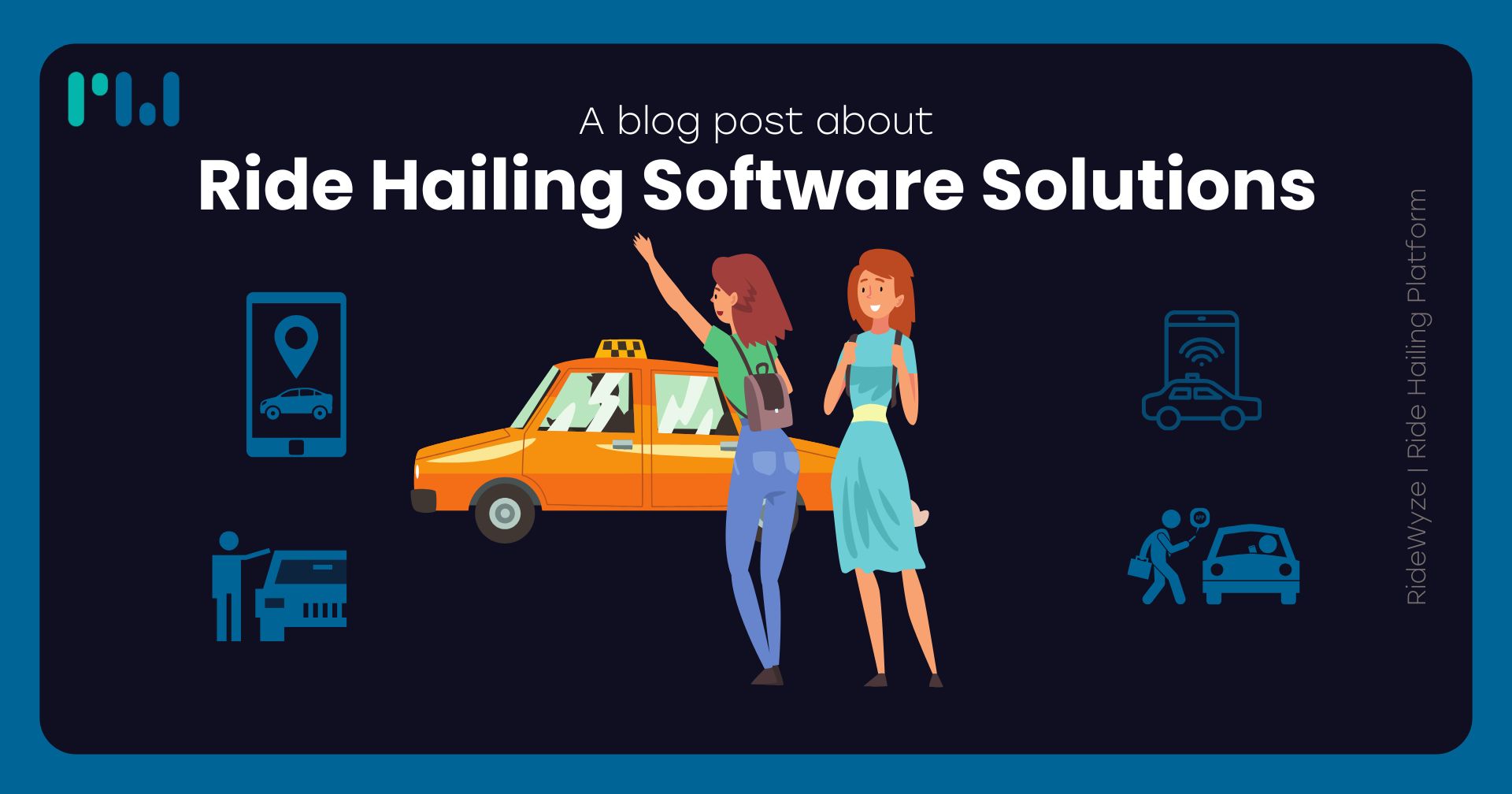
Article
Ride Hailing Software Solutions
Explore advanced ride-hailing software solutions that streamline bookings, tracking, and payments for seamless transit.
Oct 25, 2024 · 6 min read
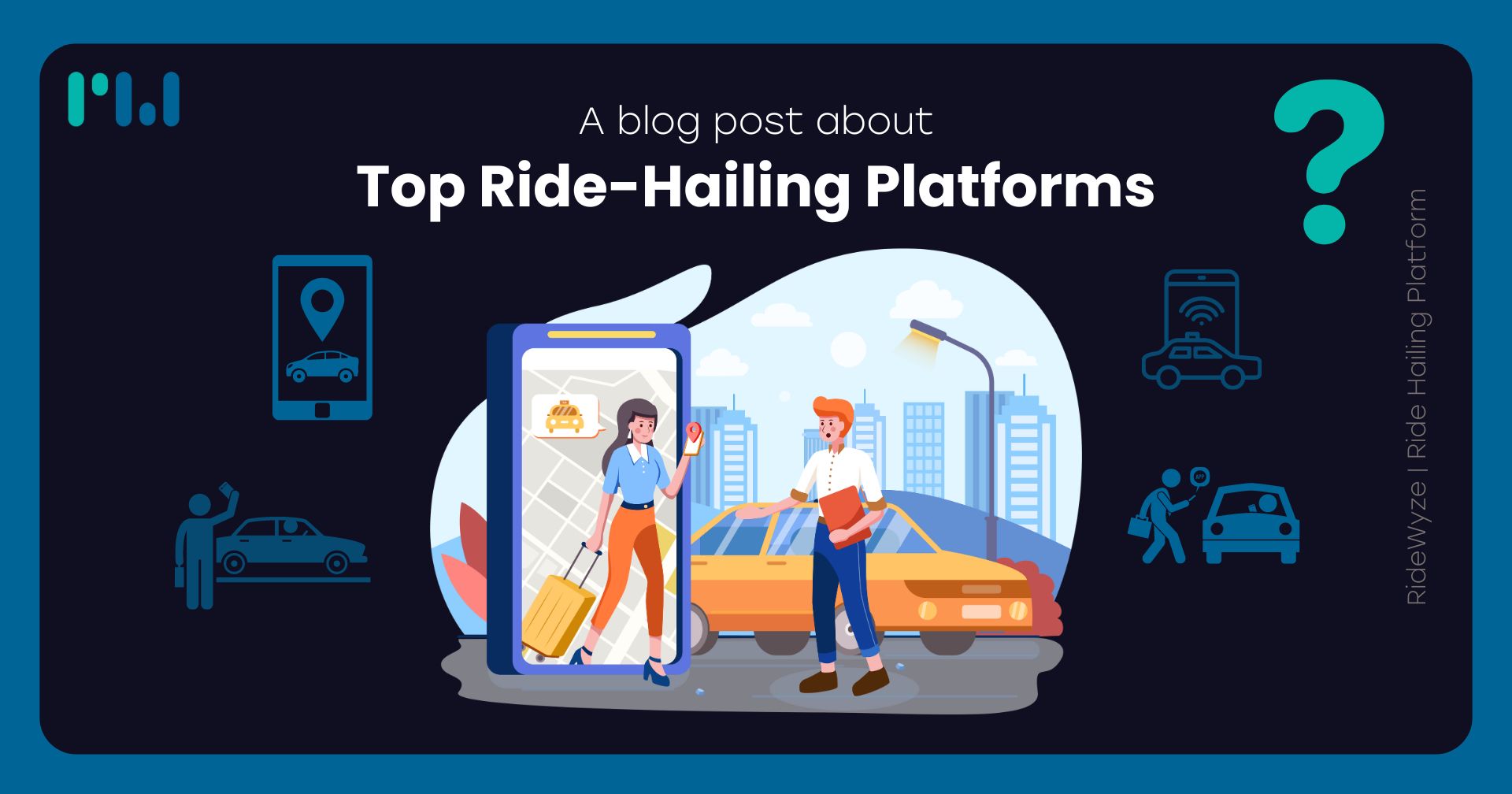
Article
The Future of Ride Hailing
Explore emerging trends in ride-hailing technology, from eco-friendly options to AI-driven experiences.
Oct 30, 2024 · 6 min read
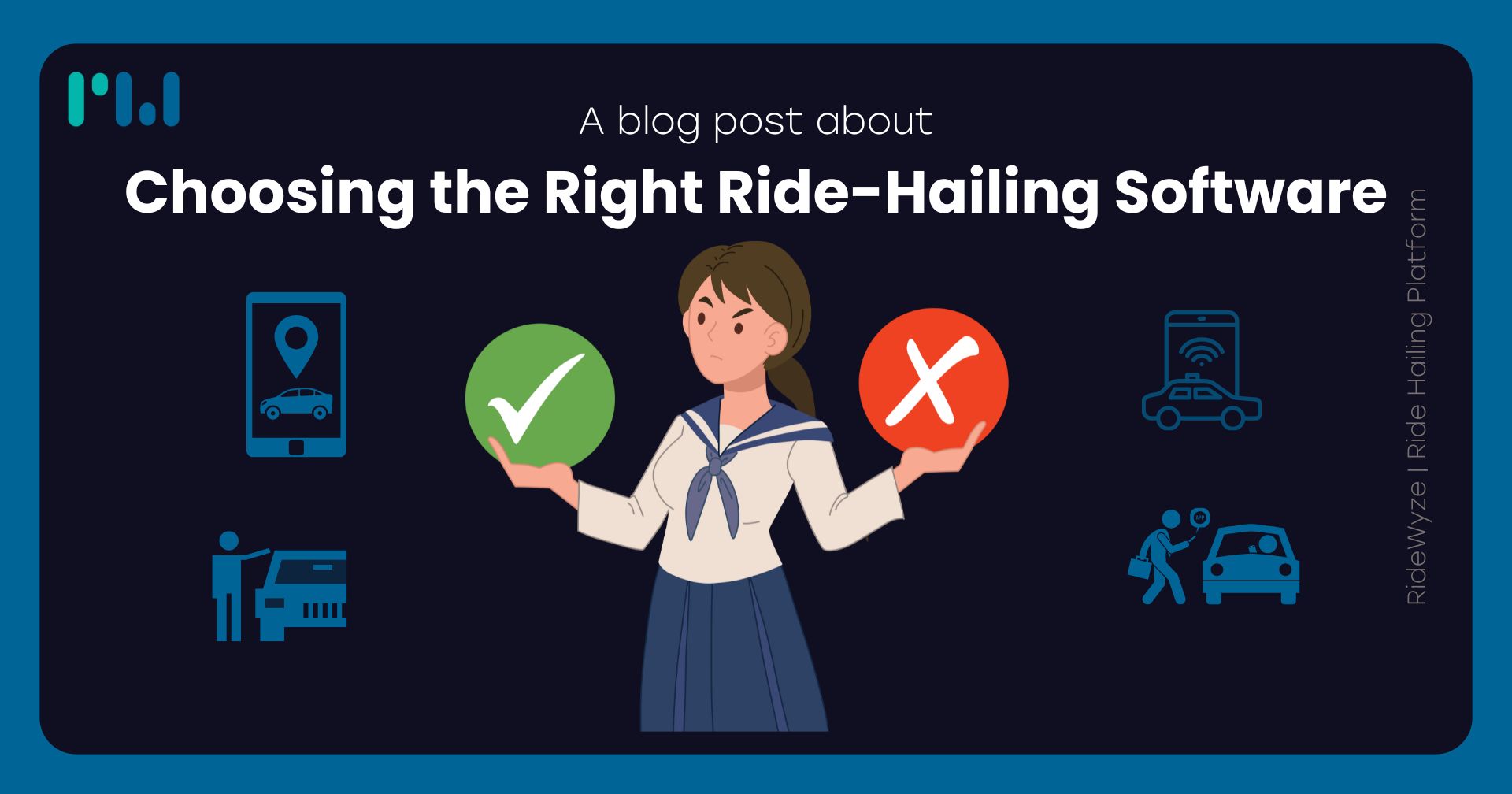
Article
Choosing the Right Ride-Hailing Software
Find out how to choose the best ride-hailing software to optimize operations and improve rider experience.
1 Nov, 2024 · 6 min read
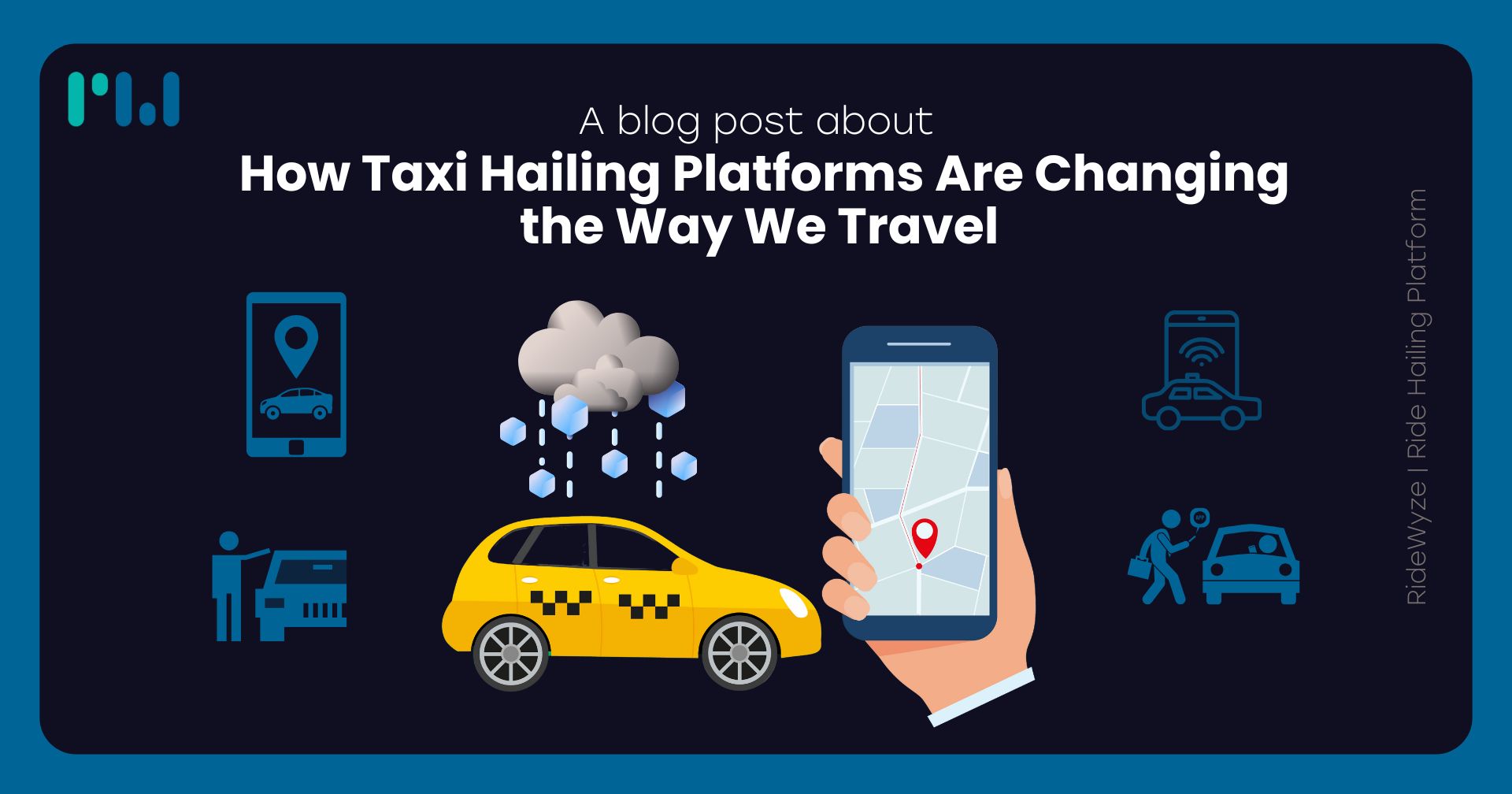
Article
How Taxi Hailing Platforms Are Changing the Way We Travel
Explore how taxi-hailing platforms are revolutionizing travel with convenience, real-time tracking, and ease.
5 Nov, 2024 · 6 min read
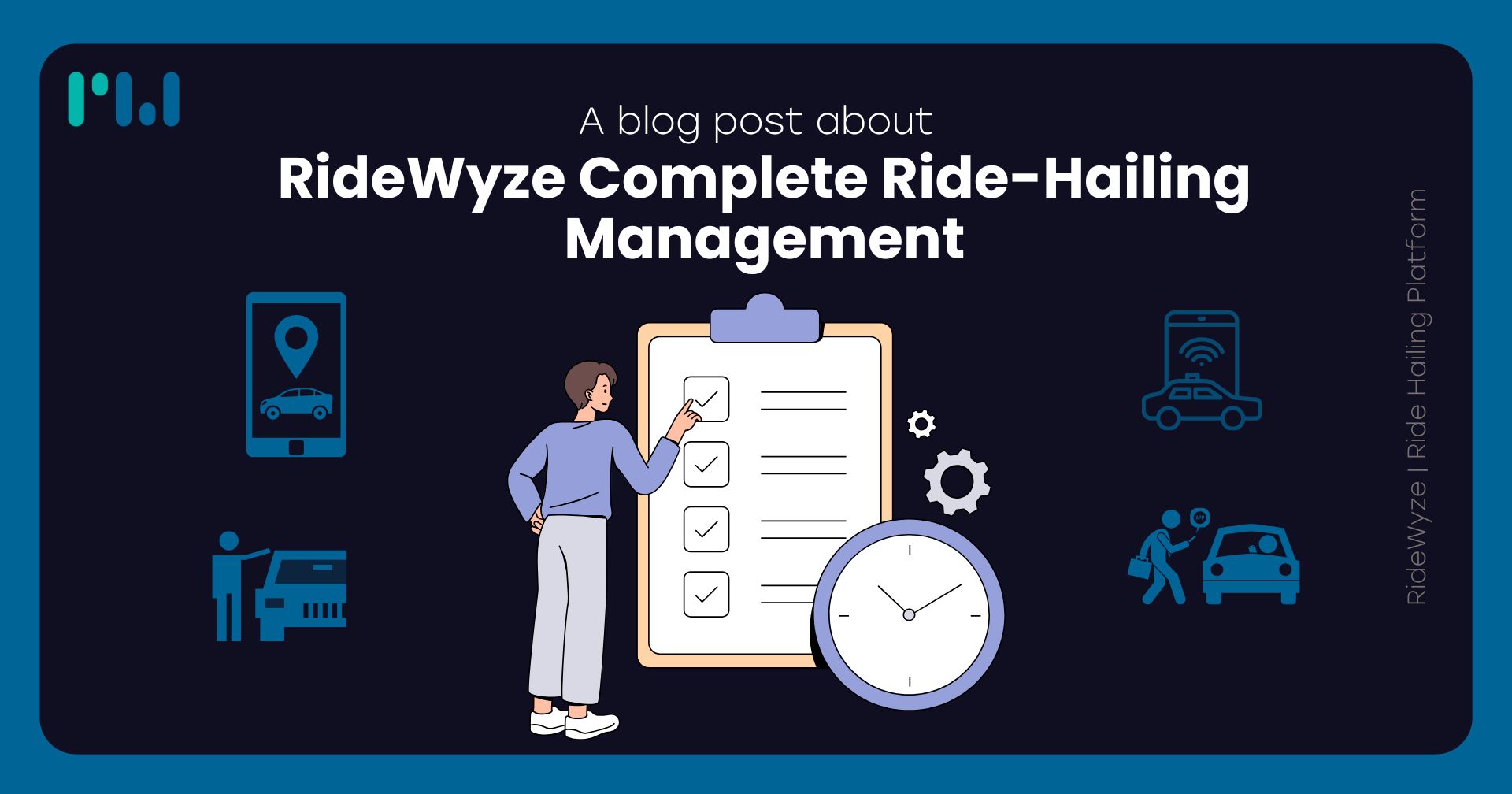
Article
RideWyze Complete Ride-Hailing Management
Streamline your ride-hailing operations with RideWyze’s comprehensive tools for efficient booking and fleet management.
7 Nov, 2024 · 6 min read
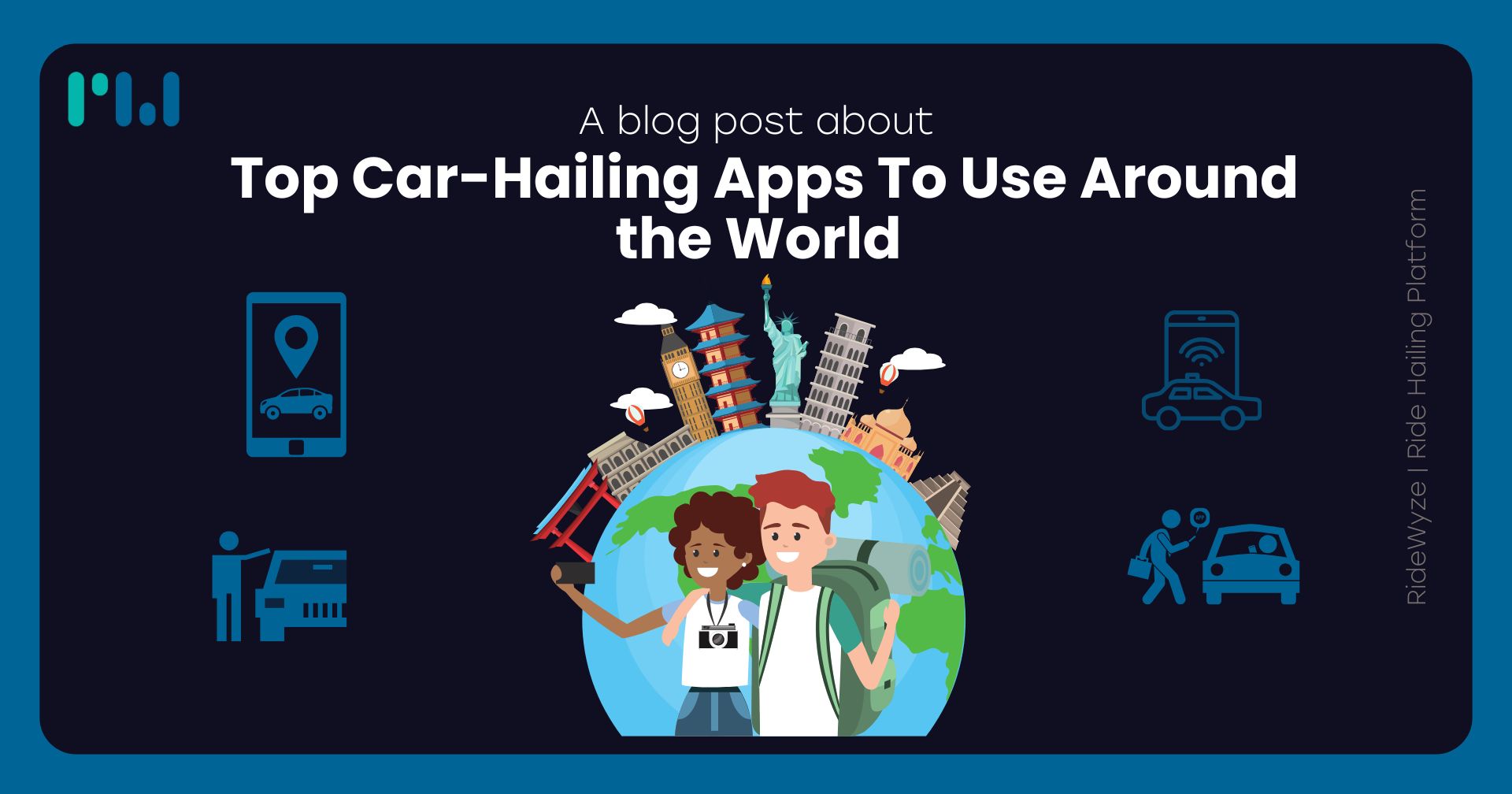
Article
Top Car-Hailing Apps To Use Around the World
Explore the best car-hailing apps worldwide for convenient, reliable, and seamless travel experiences.
11 Nov, 2024 · 6 min read
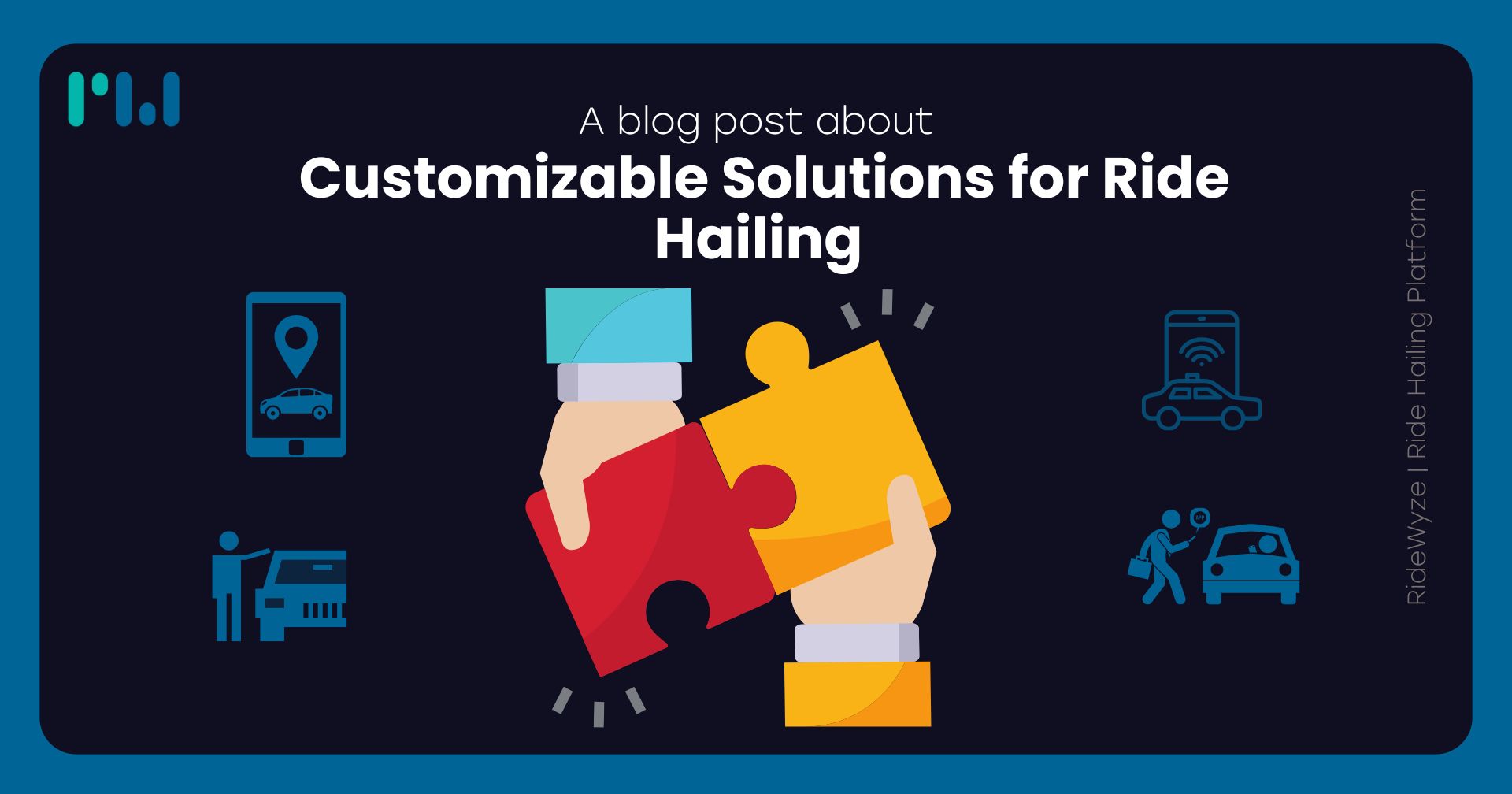
Article
Customizable Solutions for Ride Hailing
Explore flexible ride-hailing solutions tailored to meet your unique business needs and enhance user satisfaction.
18 Nov, 2024 · 6 min read
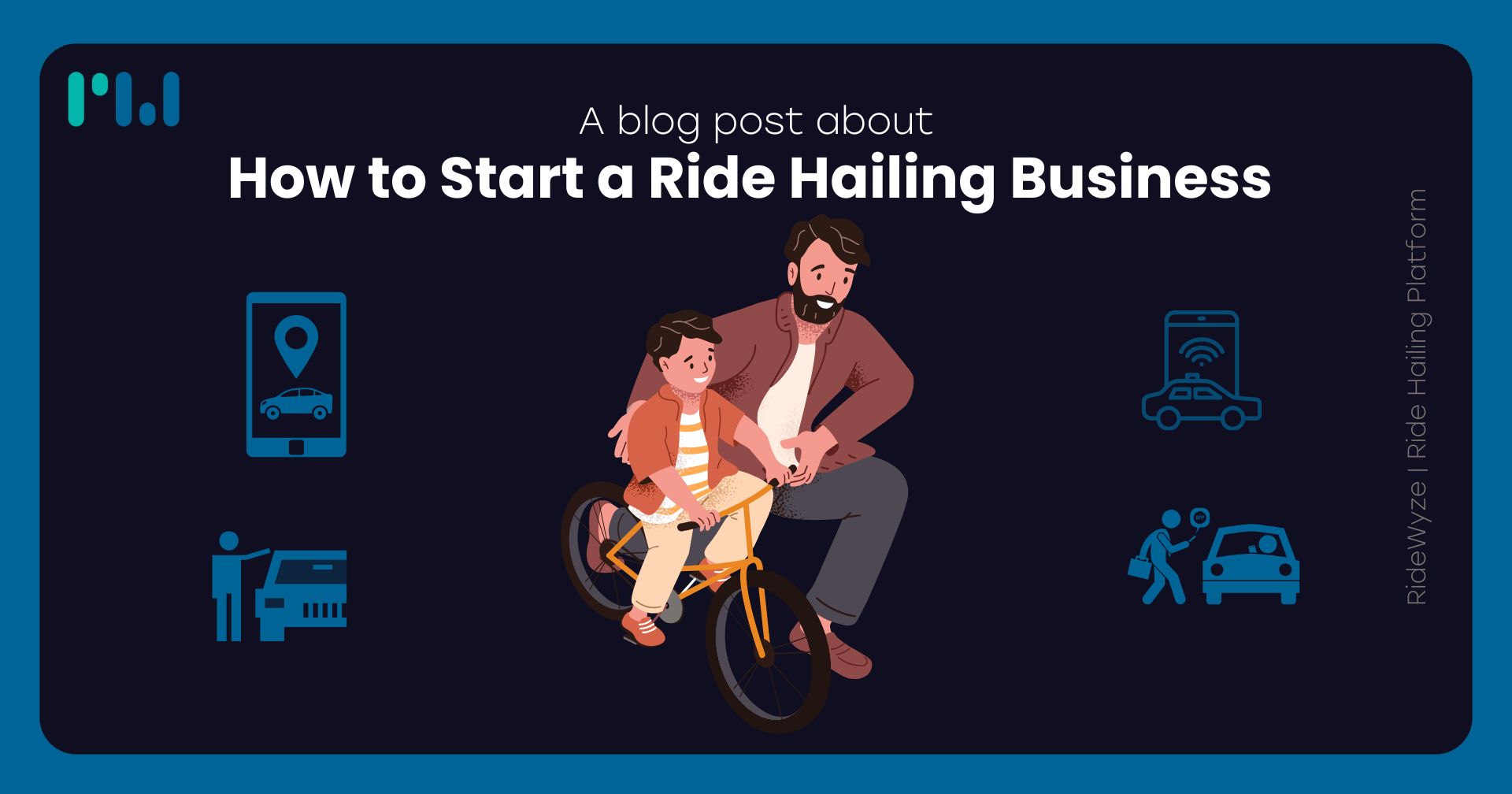
Article
How to Start a Ride Hailing Business
Learn the steps to launch a successful ride-hailing business, from planning and licensing to app development.
20 Nov, 2024 · 6 min read
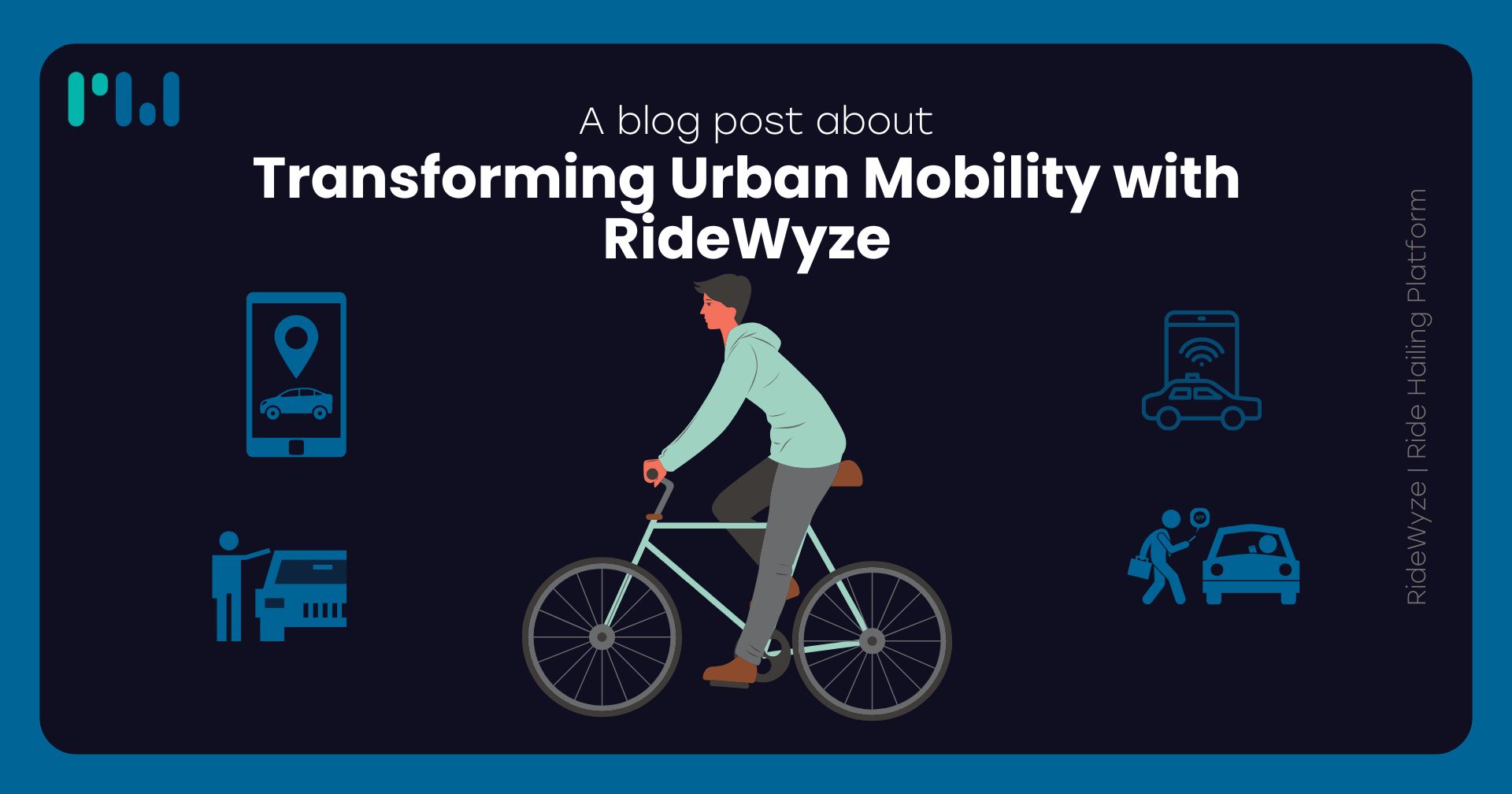
Article
Transforming Urban Mobility with RideWyze
Discover how RideWyze revolutionizes urban mobility with seamless ride-hailing solutions and smart technology.
25 Nov, 2024 · 6 min read
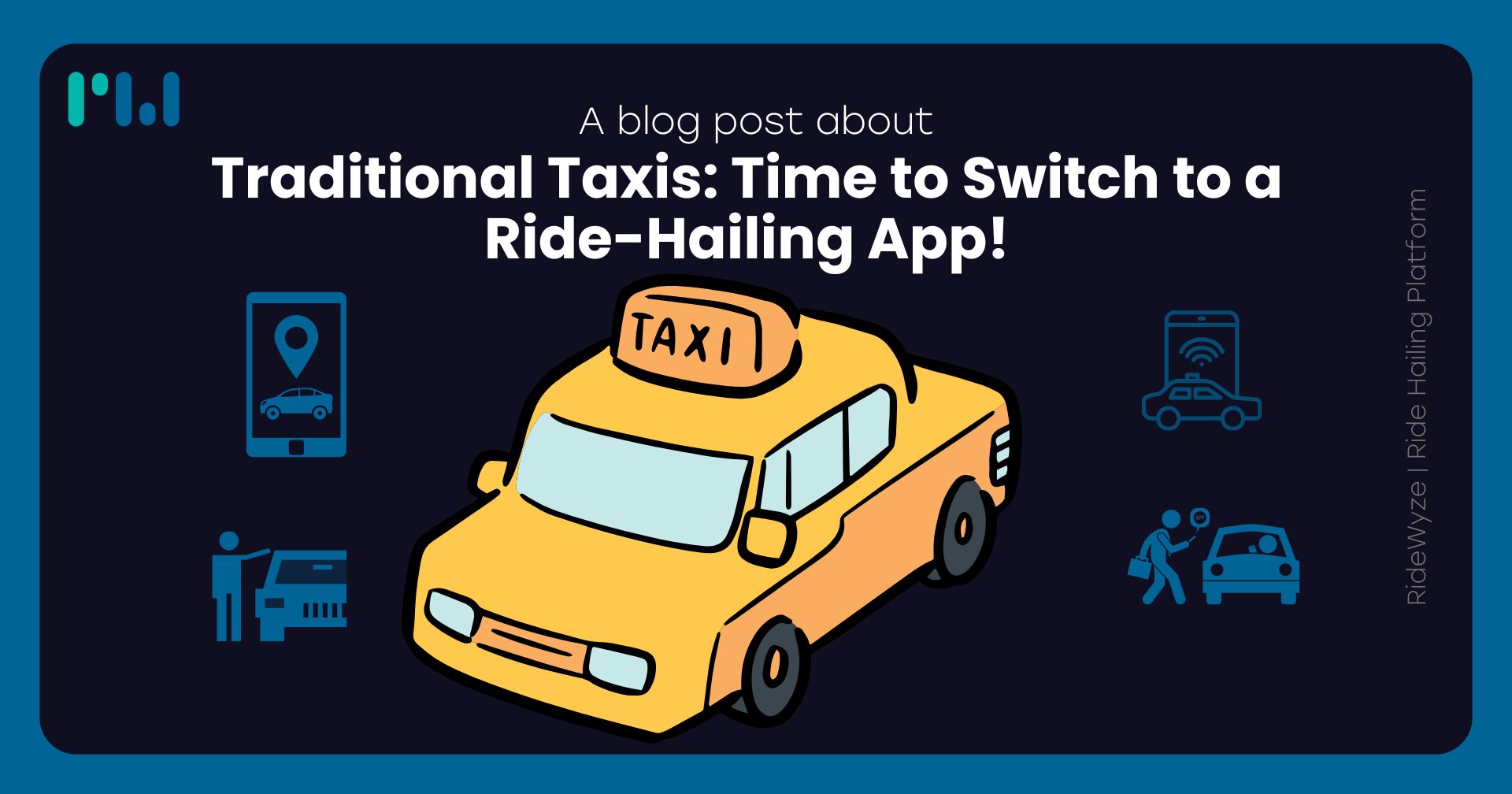
Article
Traditional Taxis: Time to Switch to a Ride-Hailing App!
Explore why ride-hailing apps are a smarter, more convenient alternative to traditional taxis in today’s fast-paced world.
28 Nov, 2024 · 6 min read
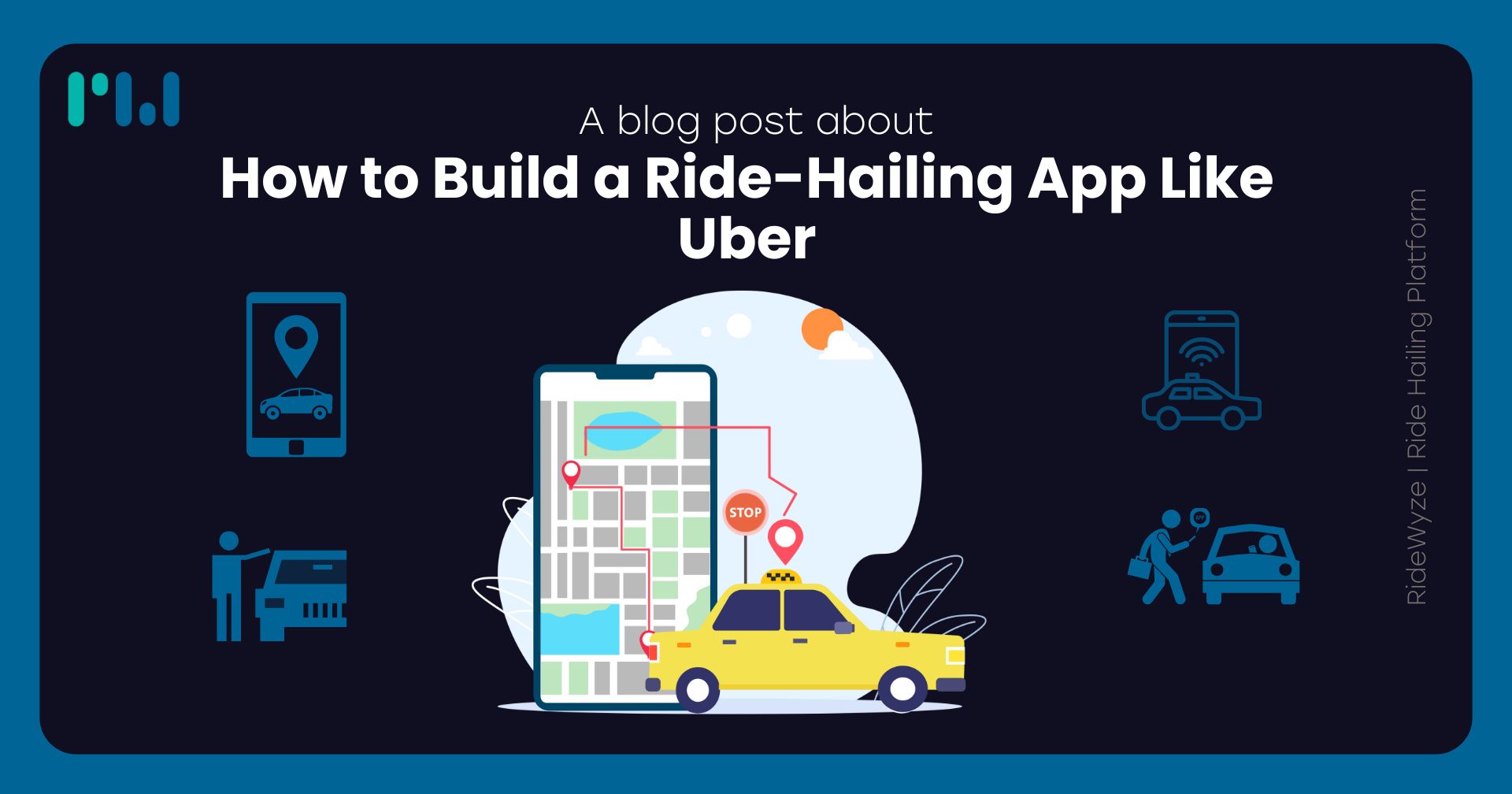
Article
How to Build a Ride-Hailing App Like Uber
Learn the key steps, features, and technology needed to create a successful ride-hailing app like Uber.
29 Nov, 2024 · 6 min read
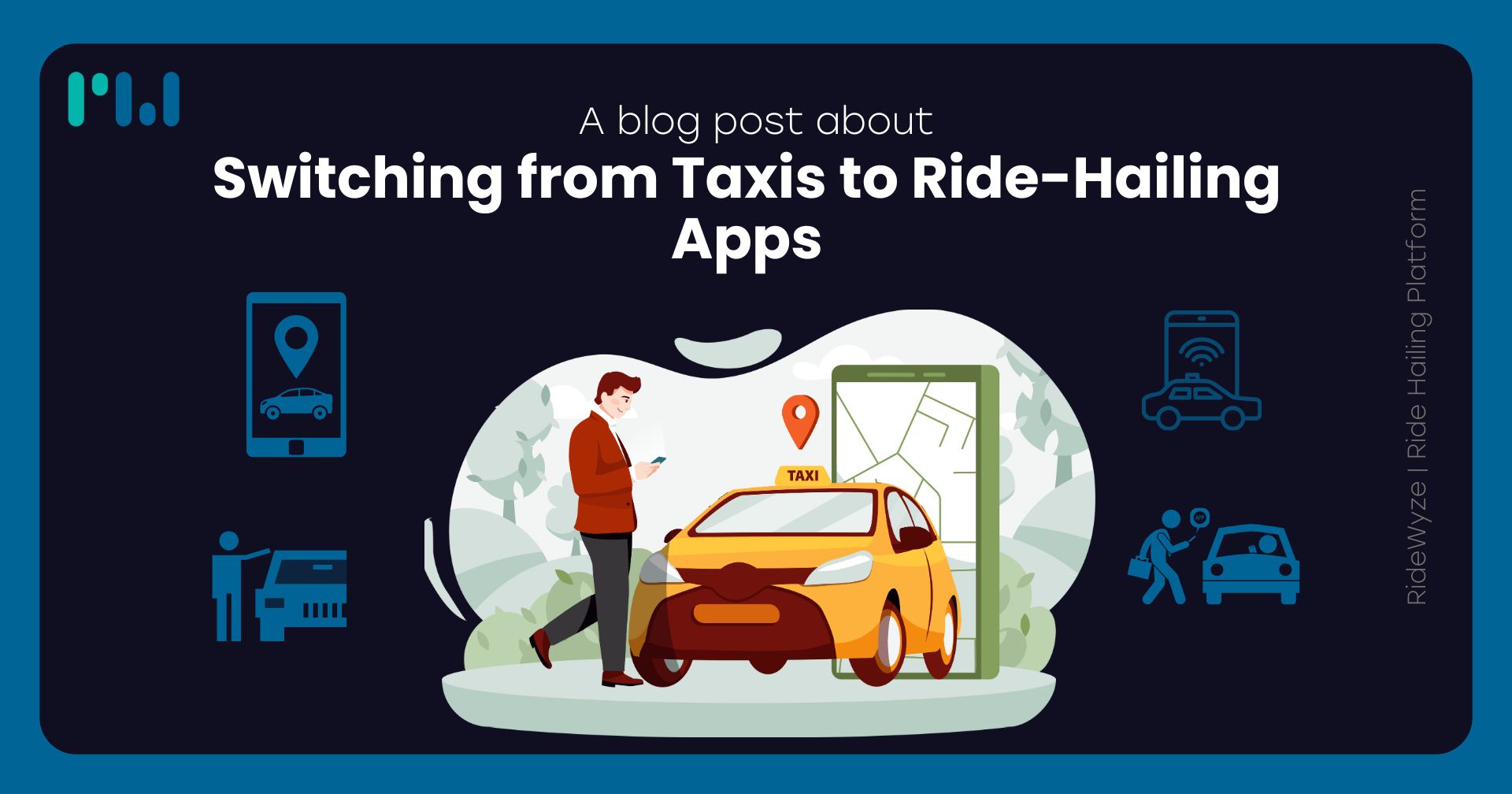
Article
Switching from Taxis to Ride-Hailing Apps
Learn why ride-hailing apps are transforming travel, offering convenience, affordability, and smarter navigation.
3 Dec, 2024 · 6 min read
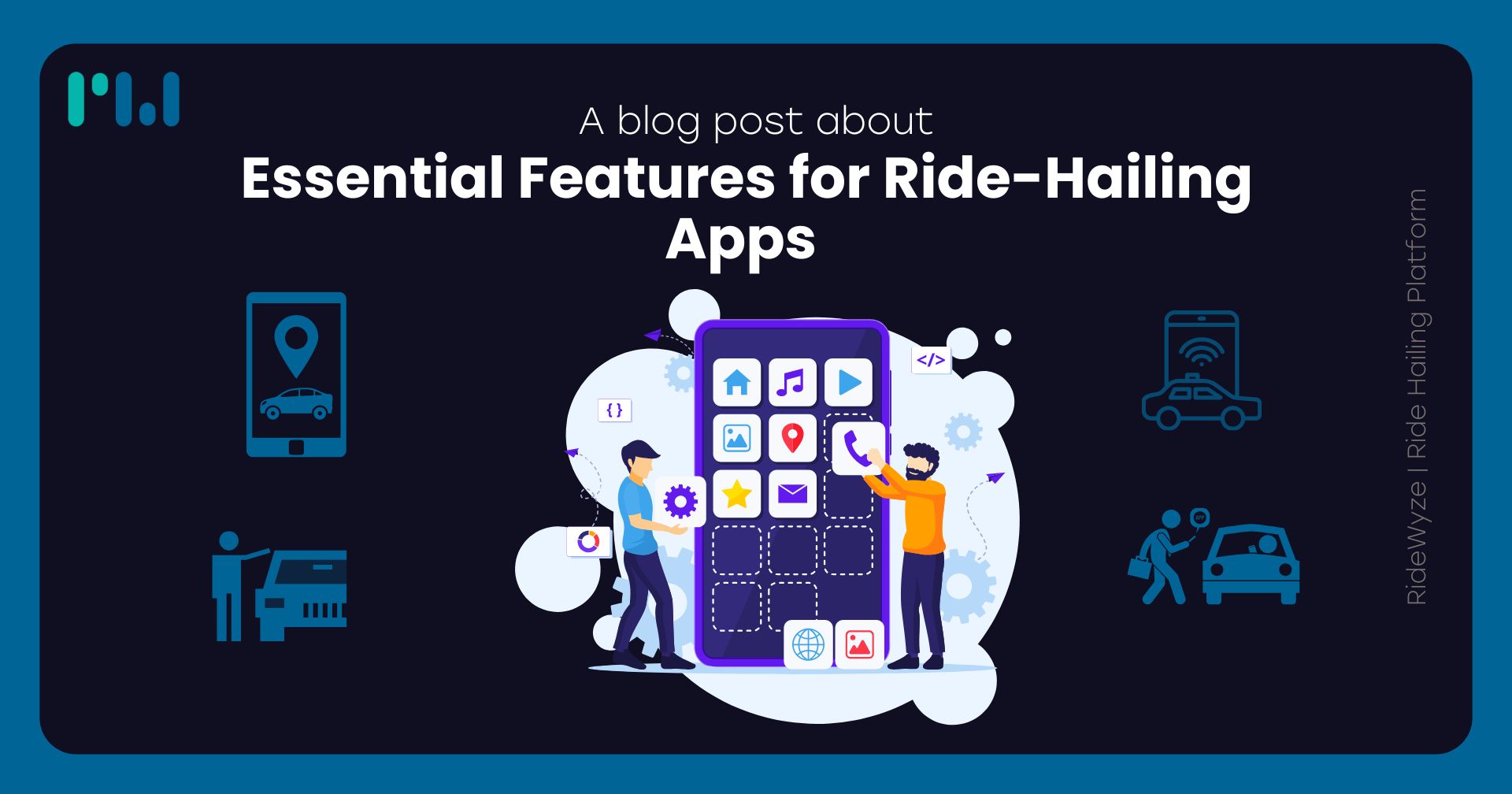
Article
Essential Features for Ride-Hailing Apps
Explore the must-have features for ride-hailing apps that enhance user experience and streamline operations.
6 Dec, 2024 · 6 min read
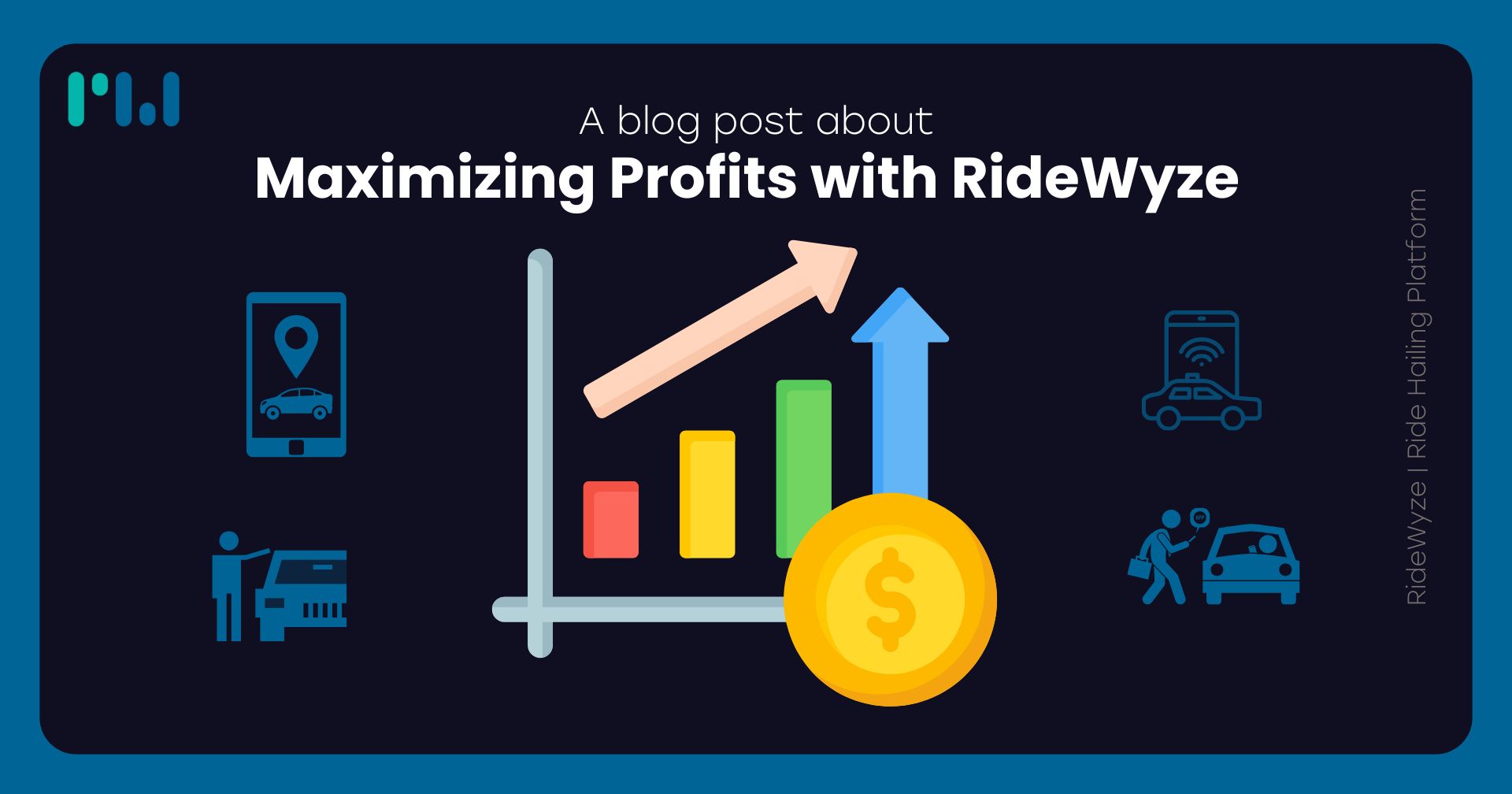
Article
Maximizing Profits with RideWyze
Optimize your ride-hailing business with RideWyze's smart solutions, boosting efficiency and increasing revenue.
11 Dec, 2024 · 6 min read
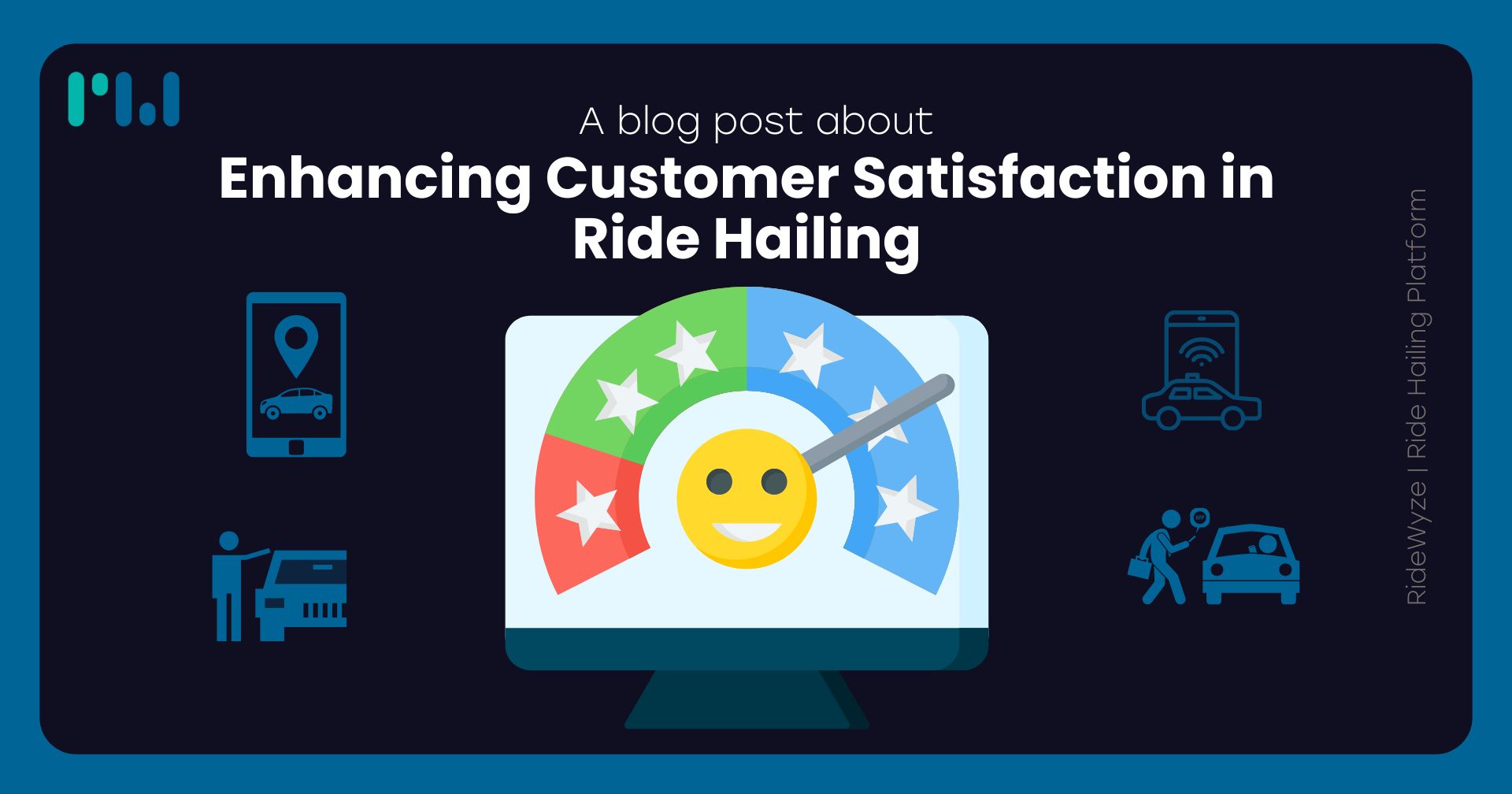
Article
Enhancing Customer Satisfaction in Ride Hailing
Discover strategies to improve customer experiences and build loyalty in the competitive ride-hailing market.
13 Dec, 2024 · 6 min read
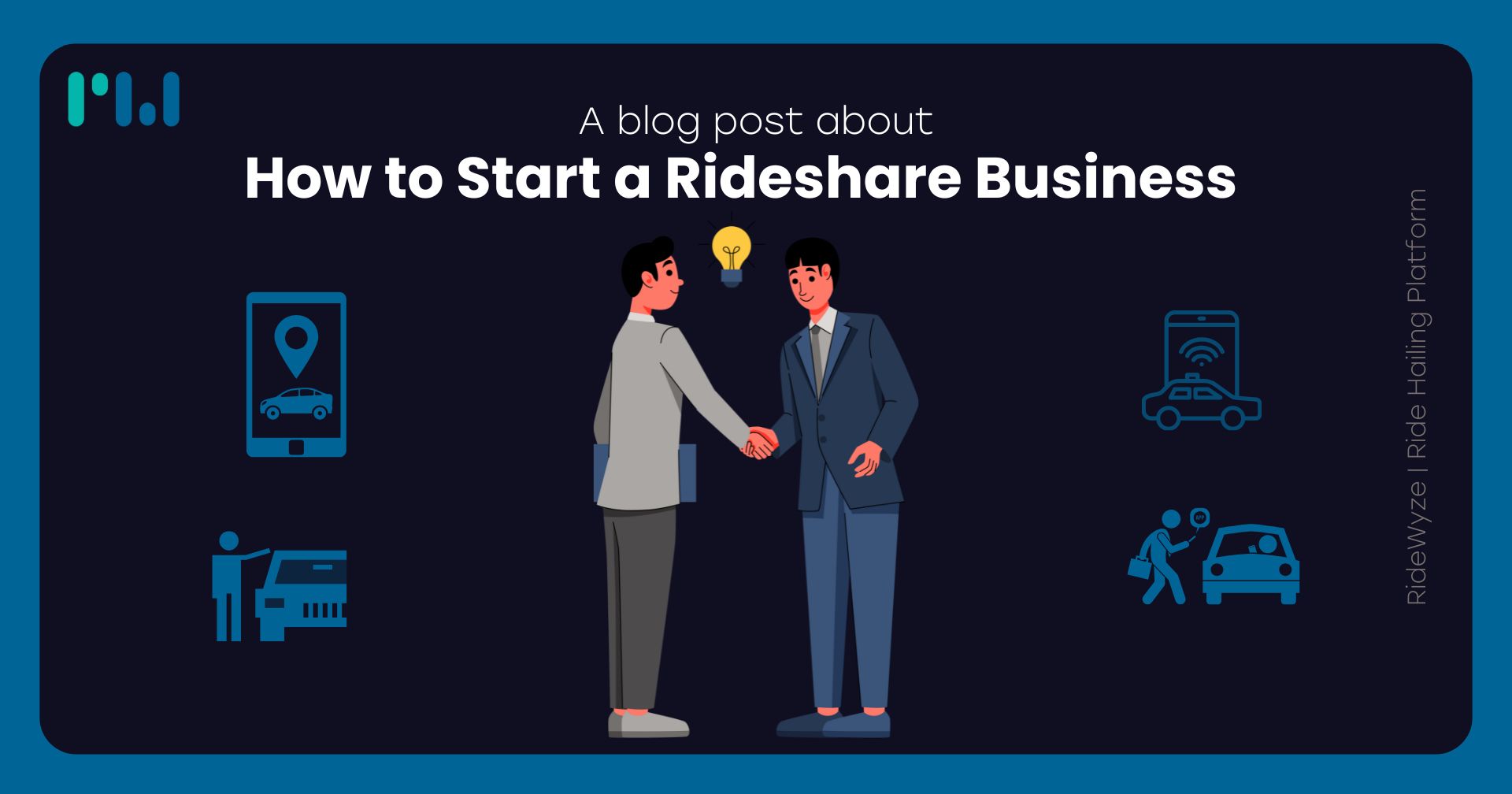
Article
How to Start a Rideshare Business
Learn the essential steps to launch your rideshare business, from planning to implementation.
16 Dec, 2024 · 6 min read
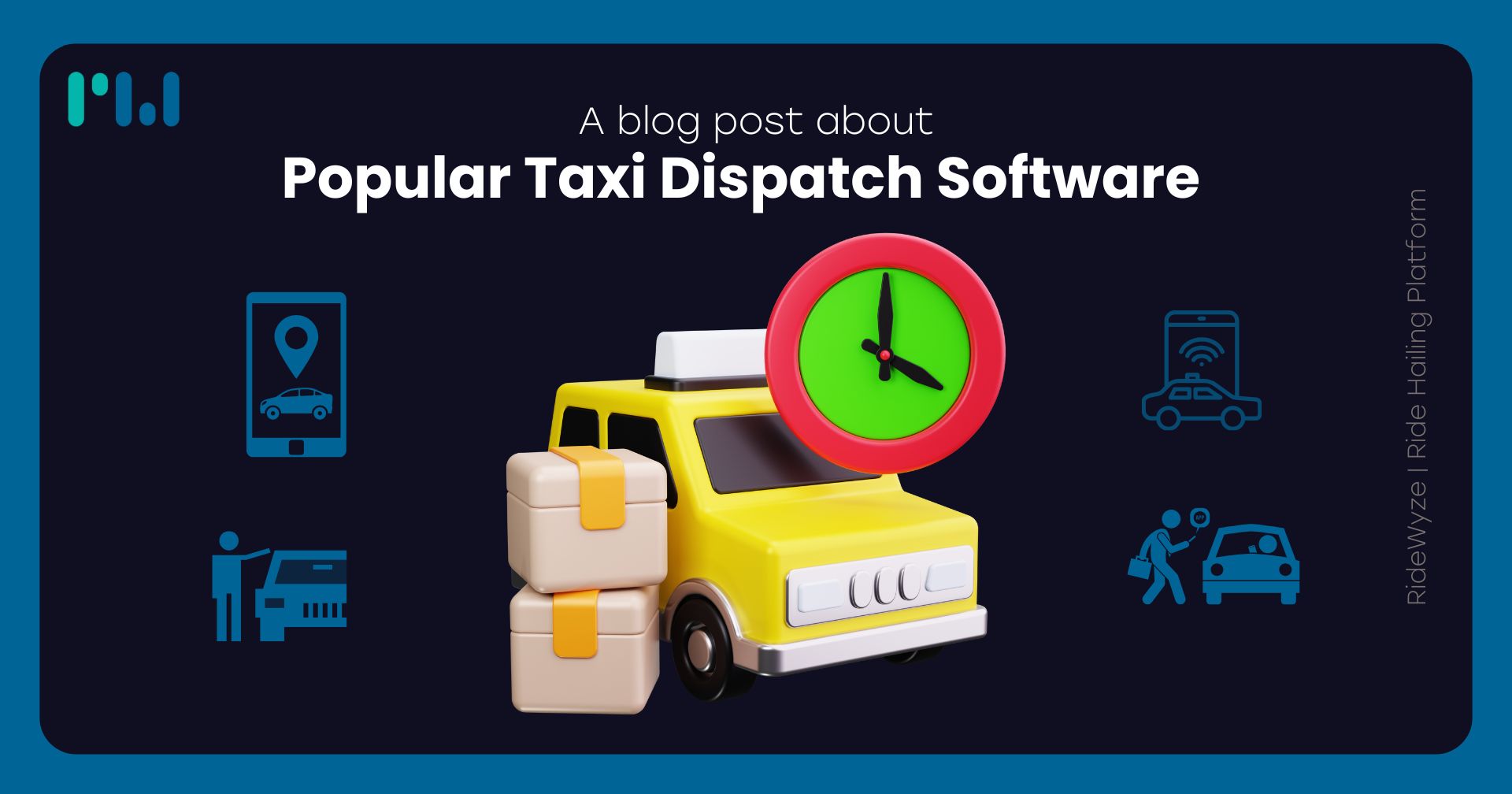
Article
Popular Taxi Dispatch Software
Discover top taxi dispatch software solutions that enhance fleet management, improve efficiency, and streamline operations.
18 Dec, 2024 · 6 min read
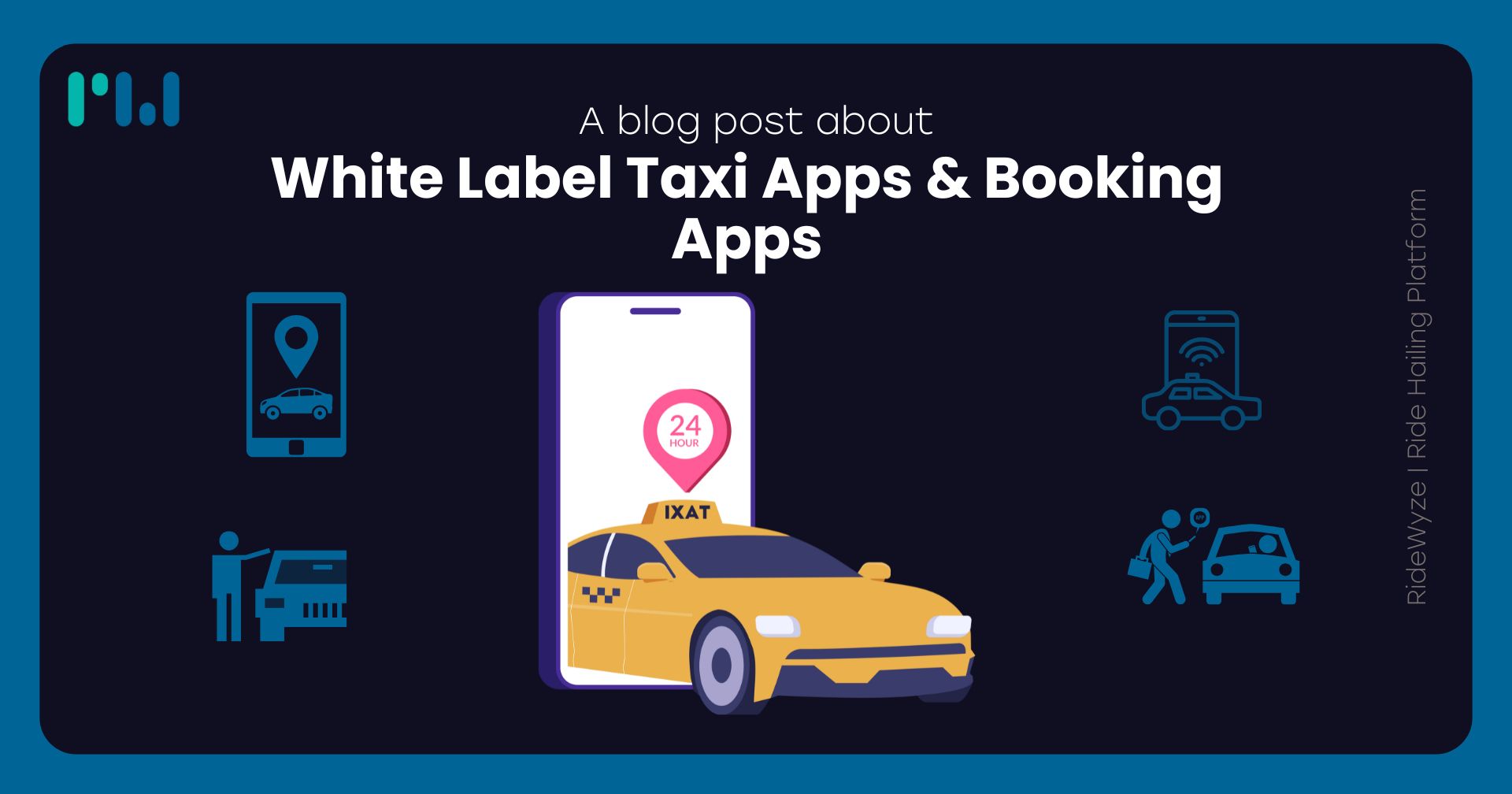
Article
White Label Taxi Apps & Booking Apps
Discover white-label taxi and booking apps that offer seamless ride management and brand customization for businesses.
19 Dec, 2024 · 6 min read
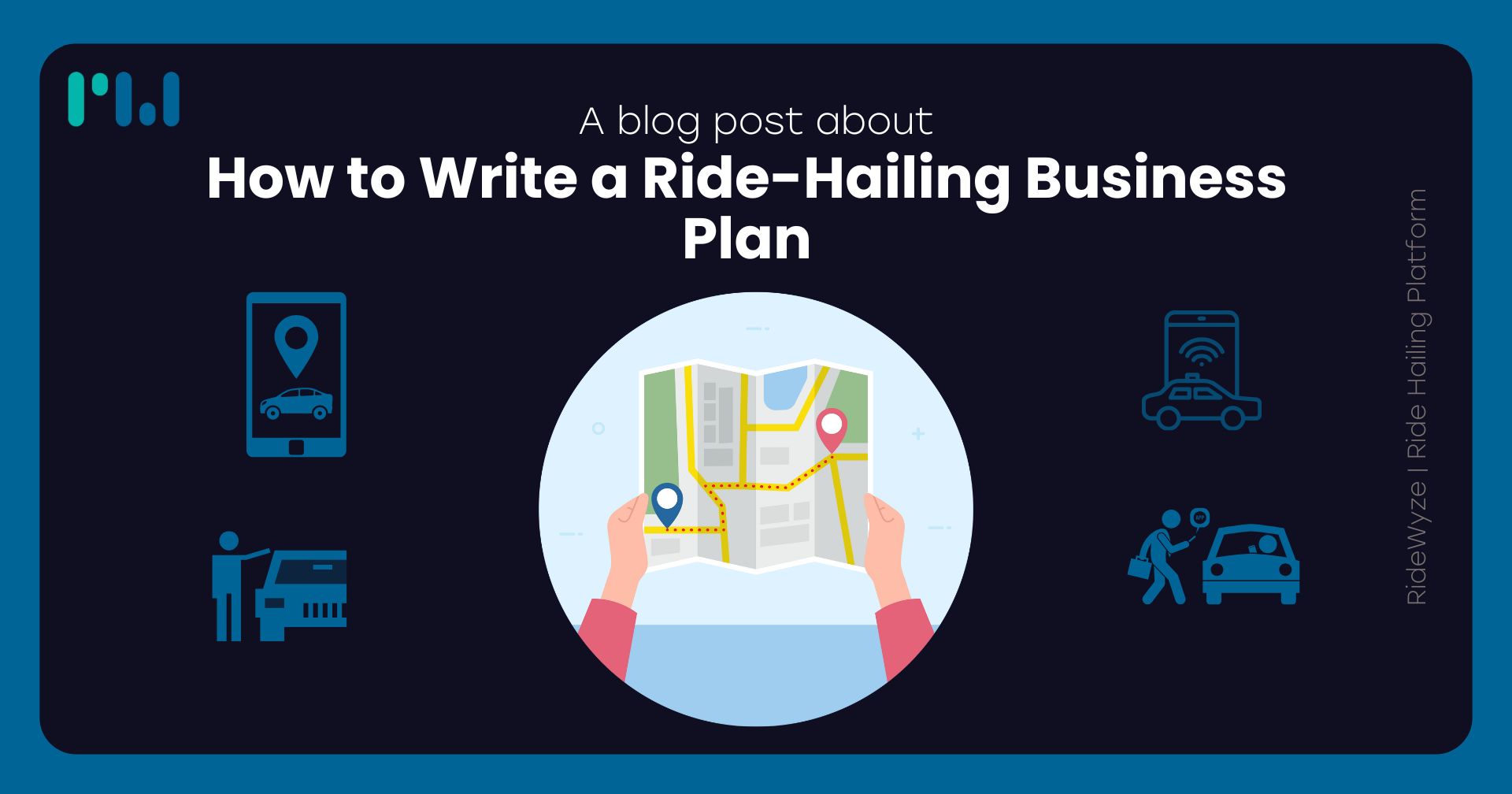
Article
How to Write a Ride-Hailing Business Plan
Learn step-by-step how to craft a comprehensive business plan for a successful ride-hailing venture, from market research to financial projections.
23 Dec, 2024 · 6 min read
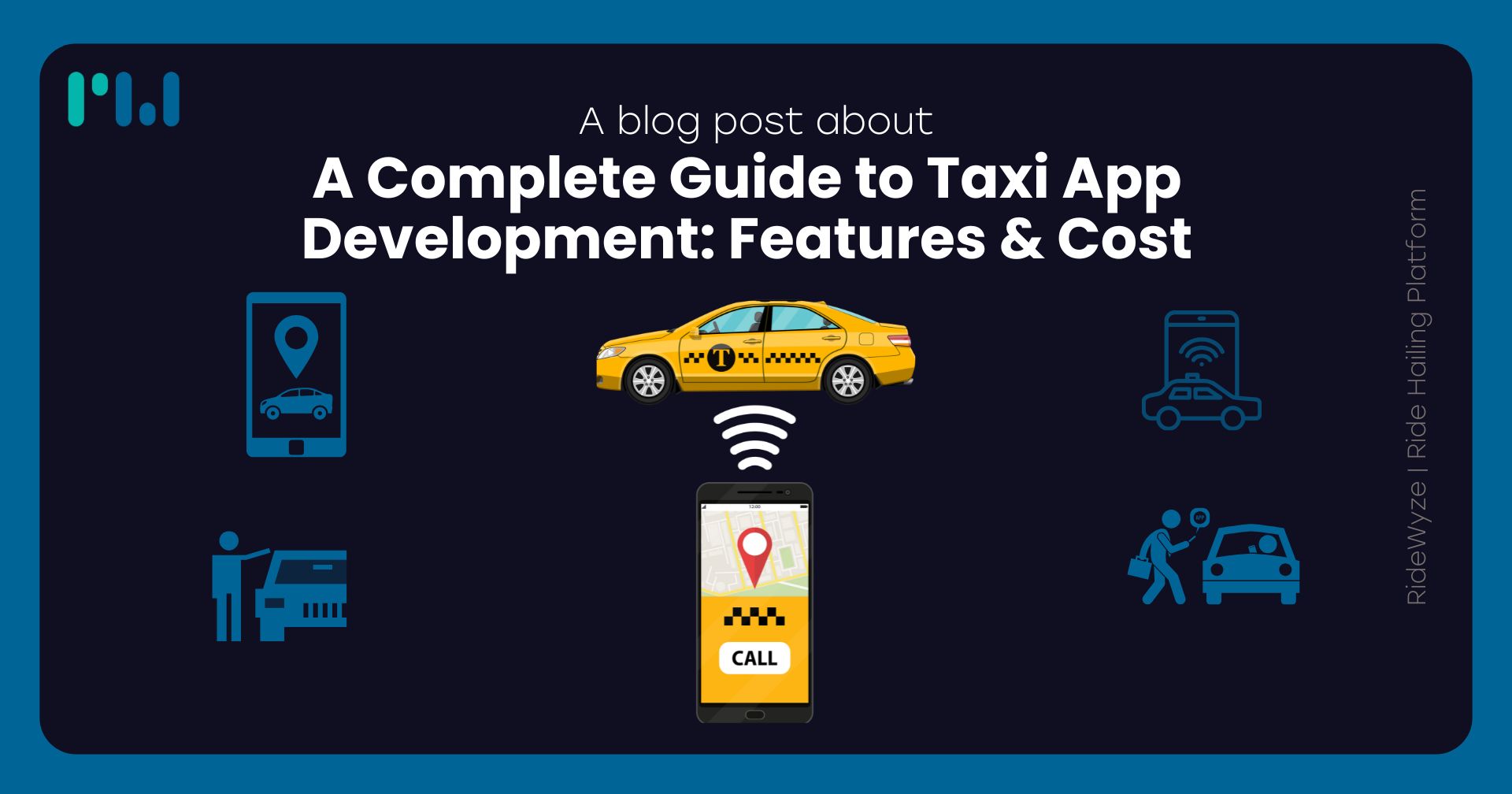
Article
A Complete Guide to Taxi App Development: Features & Cost
Discover everything you need to know about taxi app development, including essential features, cost breakdown, and tips for success.
30 Dec, 2024 · 6 min read
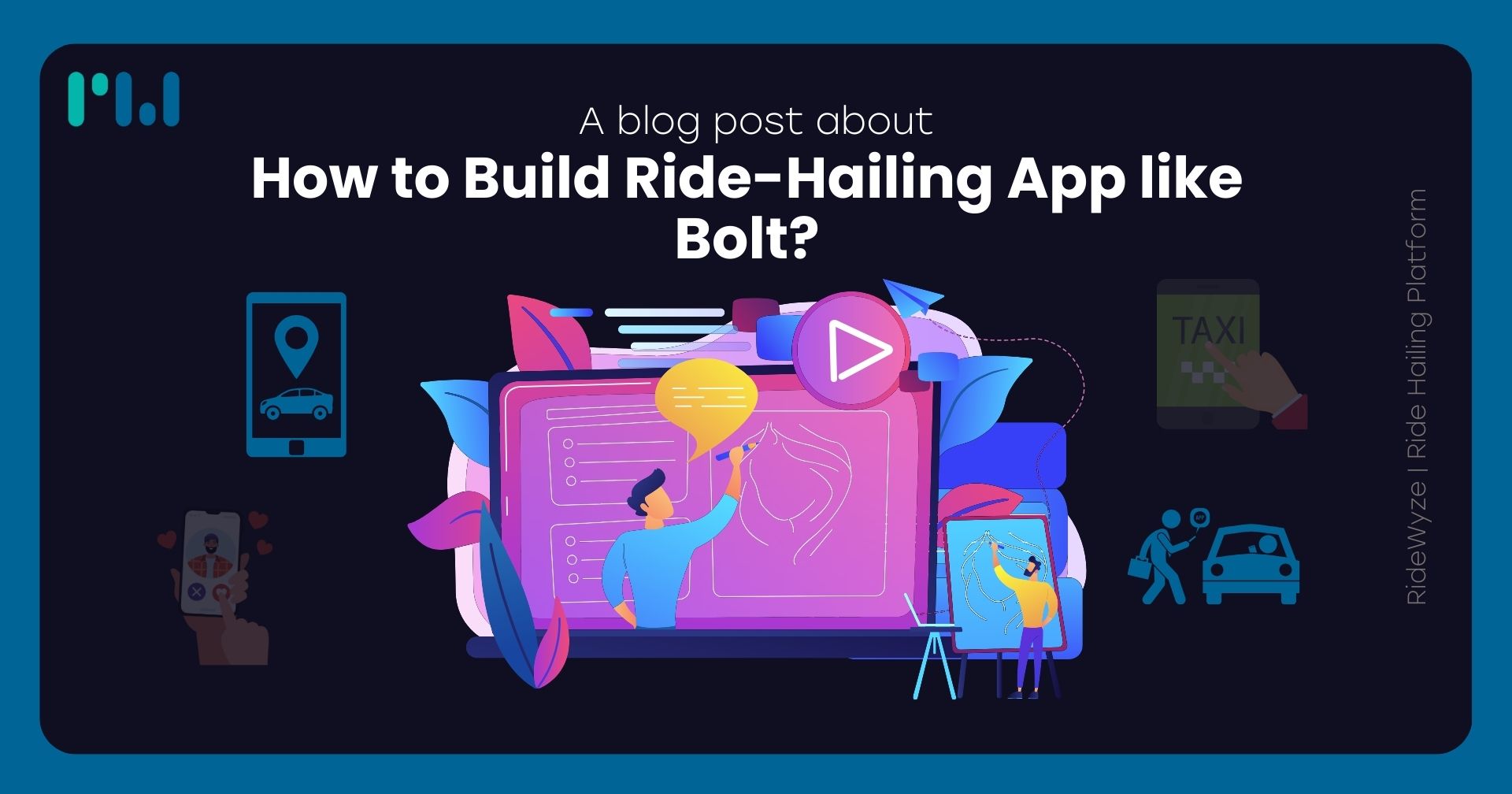
Article
How to Build Ride-Hailing App like Bolt?
Learn the step-by-step process to develop a ride-hailing app like Bolt, including features, tech stack, and cost estimation.
1 Jan, 2025 · 6 min read
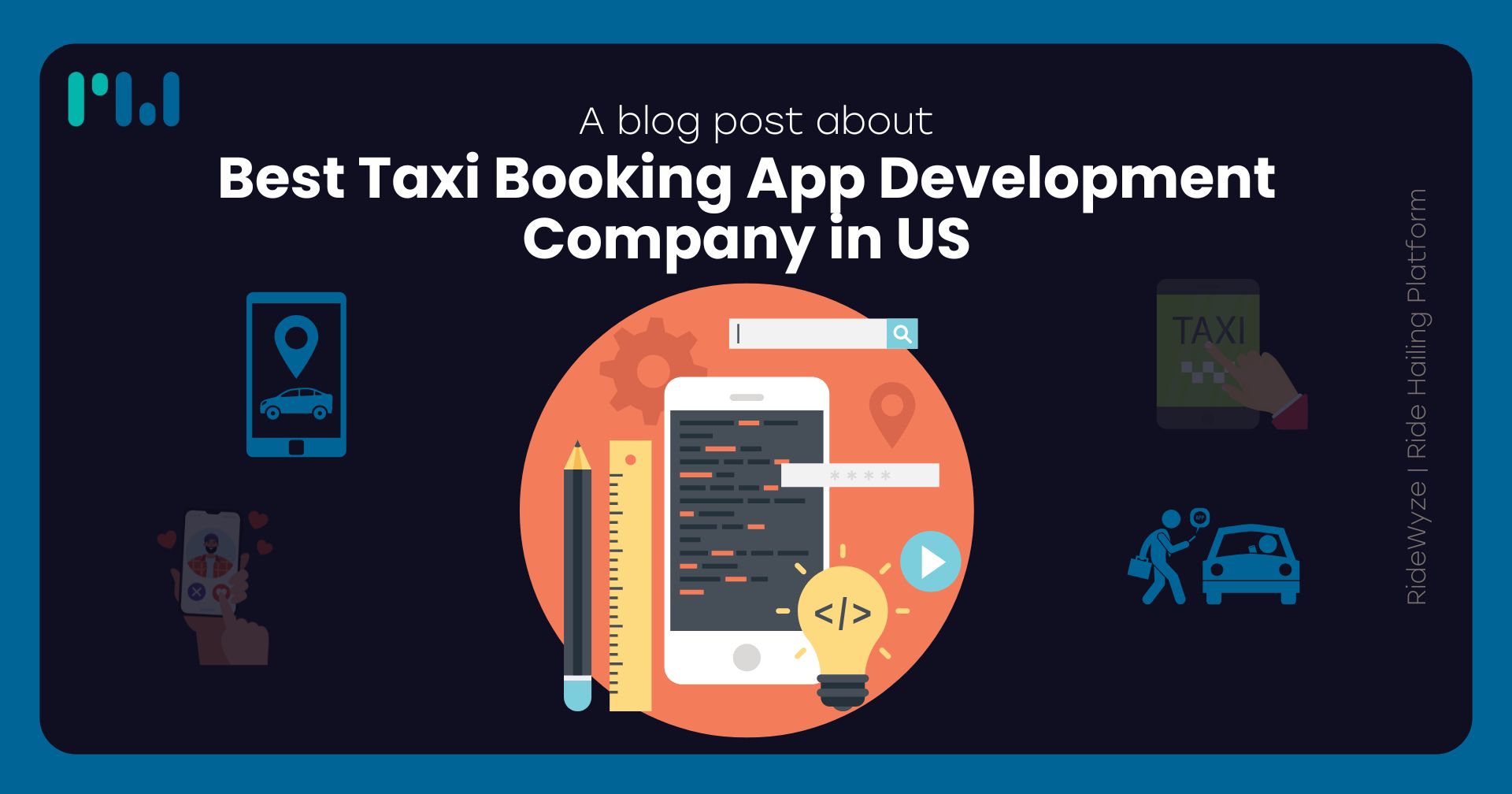
Article
Best Taxi Booking App Development Company in US
Discover the top taxi booking app development companies in the US offering innovative and scalable solutions.
9 Jan, 2025 · 6 min read
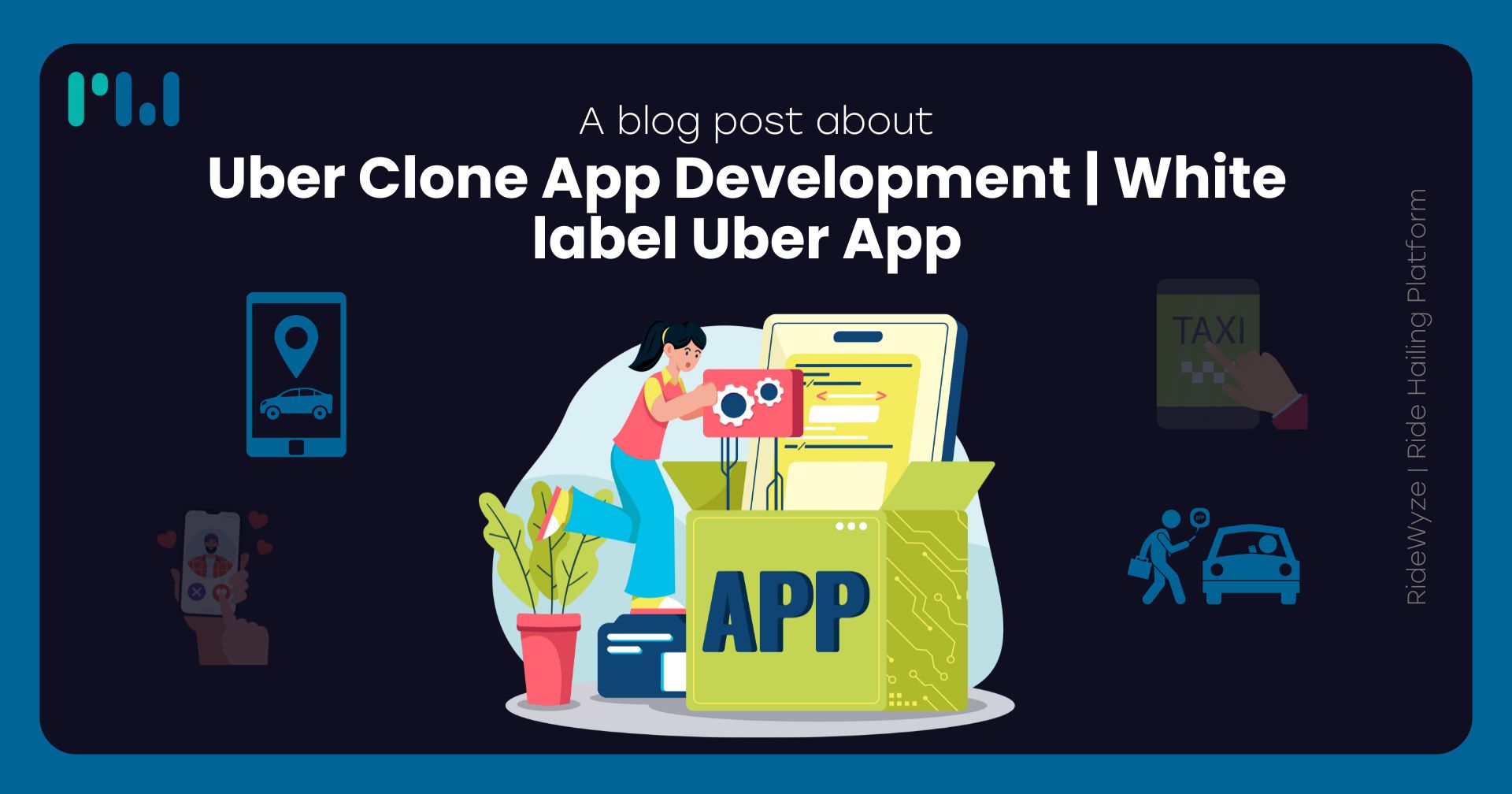
Article
Uber Clone App Development
Launch your own ride-hailing business with a customizable and scalable Uber clone app. Our whitelabel Uber app solutions are tailored to meet your unique business needs.
14 Jan, 2025 · 6 min read

Article
Case Study: RideWyze Success Stories
Discover how RideWyze has revolutionized the ride-hailing industry with real-world success stories from businesses worldwide.
16 Jan, 2025 · 6 min read
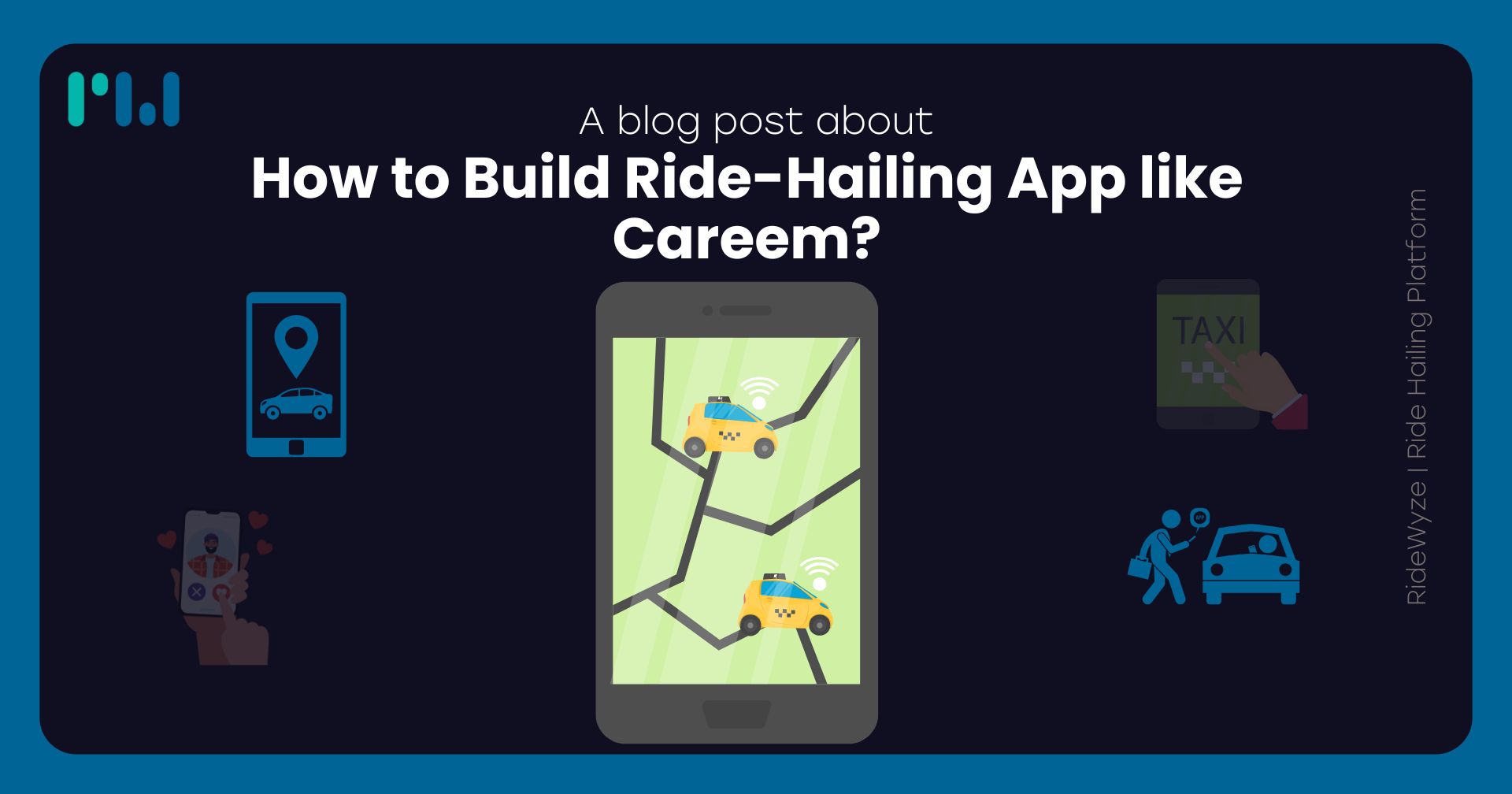
Article
How to Build Ride-Hailing App like Careem?
Discover the step-by-step process to create a ride-hailing app like Careem, including features, technology, and costs.
20 Jan, 2025 · 6 min read
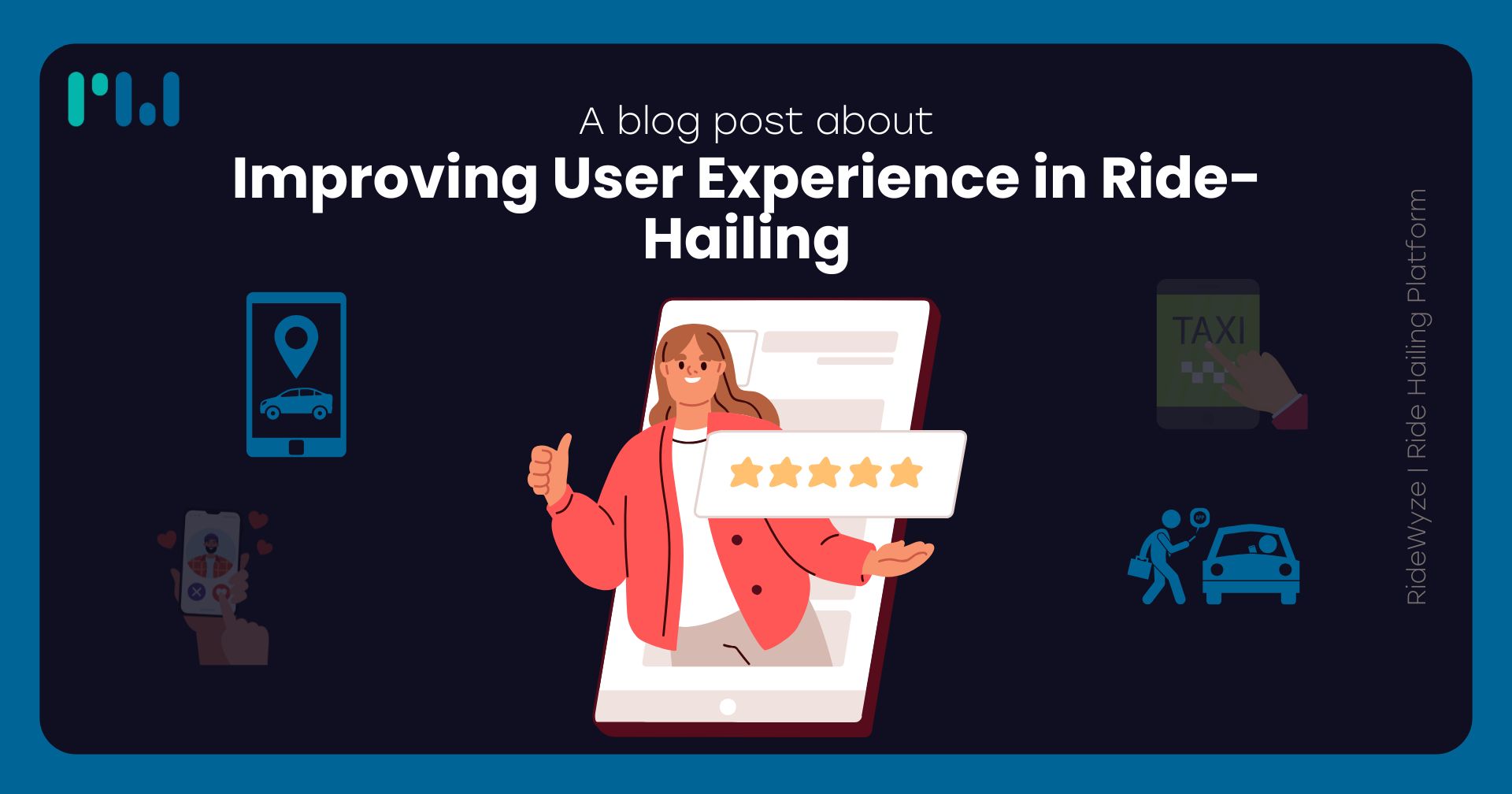
Article
Improving User Experience in Ride-Hailing
Explore innovative strategies and technologies to enhance customer satisfaction in ride-hailing services.
24 Jan, 2025 · 6 min read
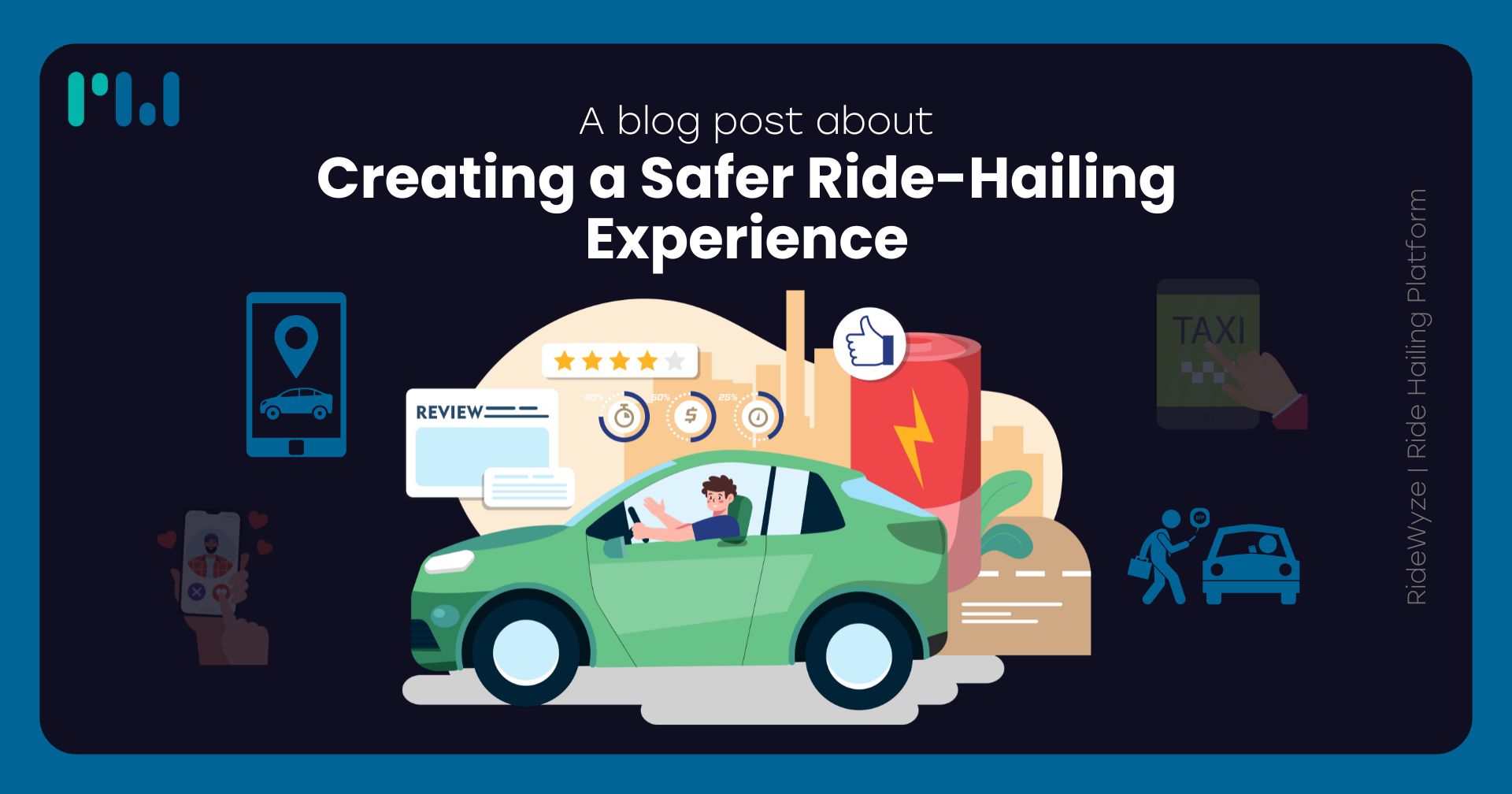
Article
Creating a Safer Ride-Hailing Experience
Explore essential safety measures and technological advancements that enhance security for both drivers and passengers in ride-hailing services.
31 Jan, 2025 · 6 min read
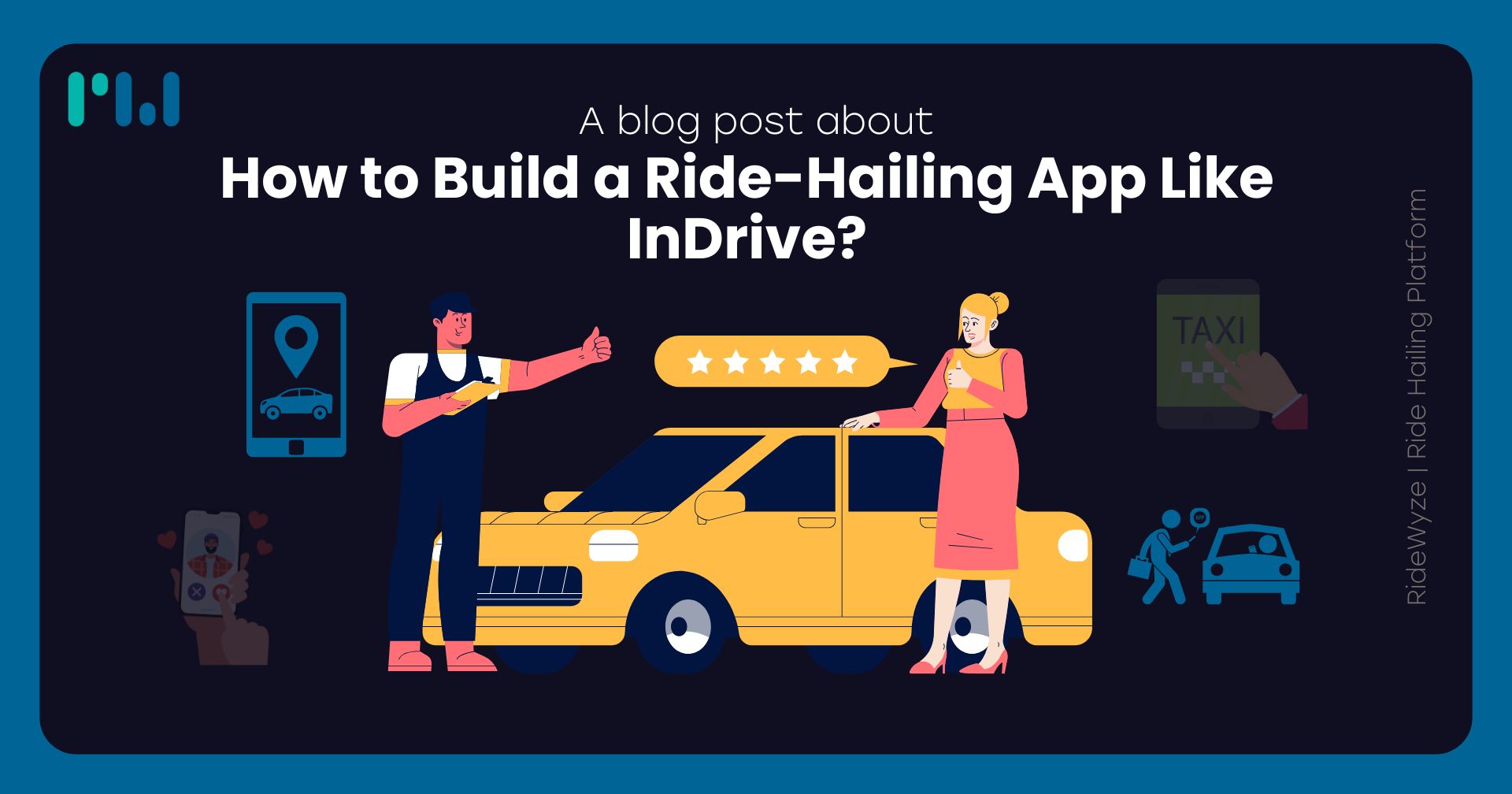
Article
How to Build a Ride-Hailing App Like InDrive?
Learn the essential steps, features, and technologies needed to develop a ride-hailing app like InDrive, from concept to launch.
5 Feb, 2025 · 6 min read
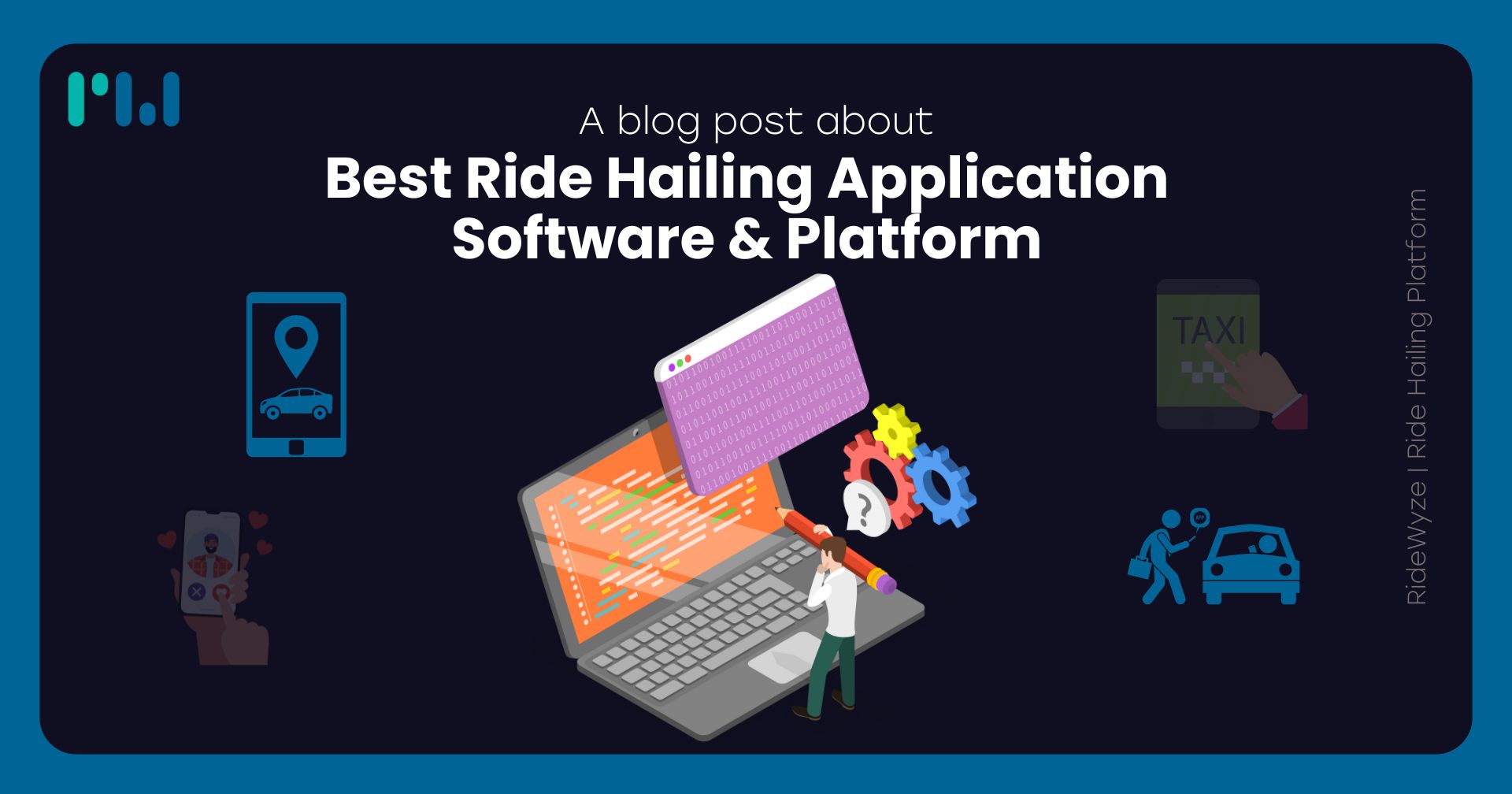
Article
Best Ride Hailing Application Software & Platform
Explore top ride-hailing software for seamless booking, efficient operations, and key features.
5 Feb, 2025 · 6 min read
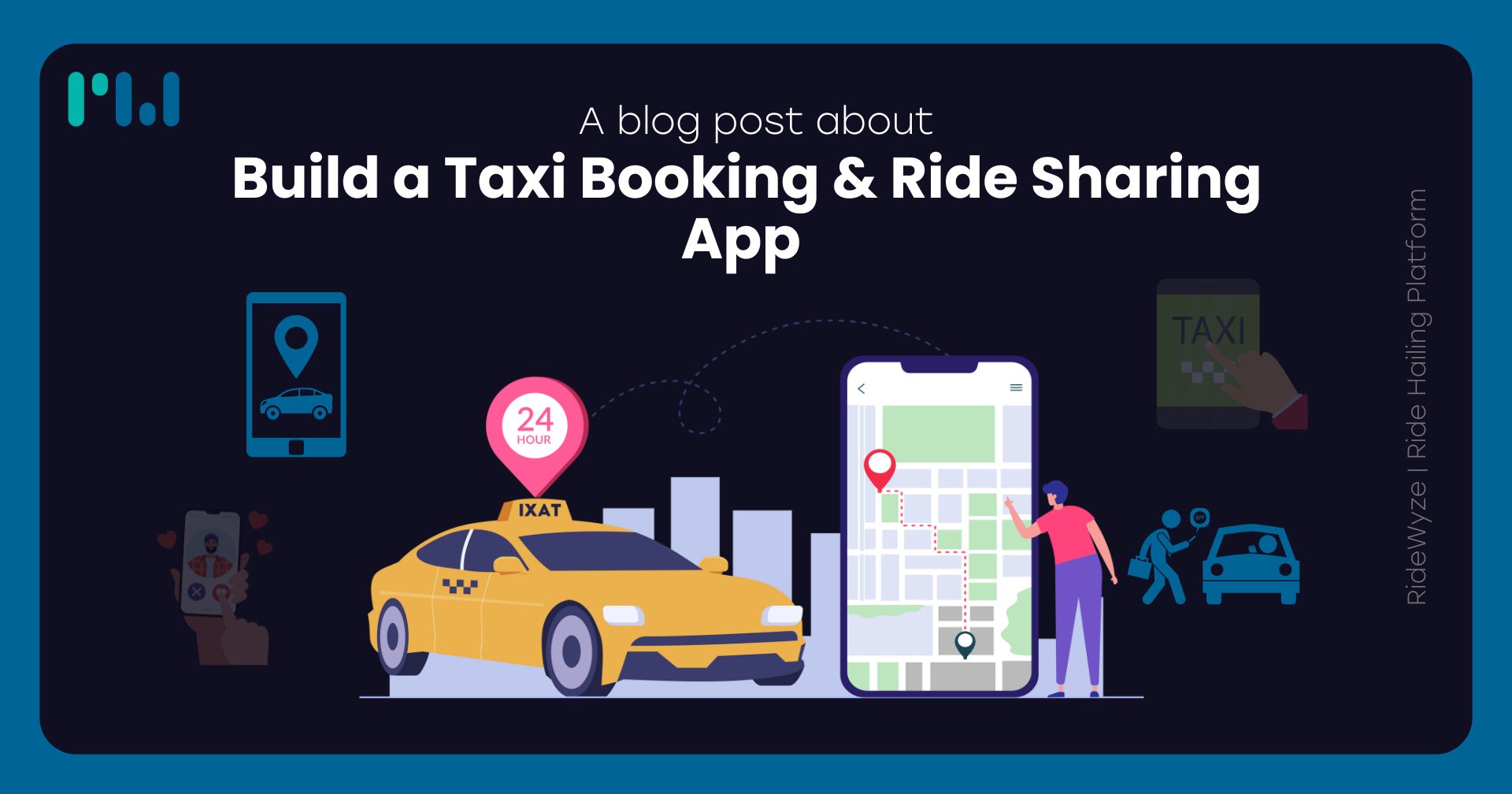
Article
Build a Taxi Booking & Ride Sharing App
Build a seamless, user-friendly taxi booking and ride-sharing app with essential features and scalable solutions.
11 Feb, 2025 · 6 min read
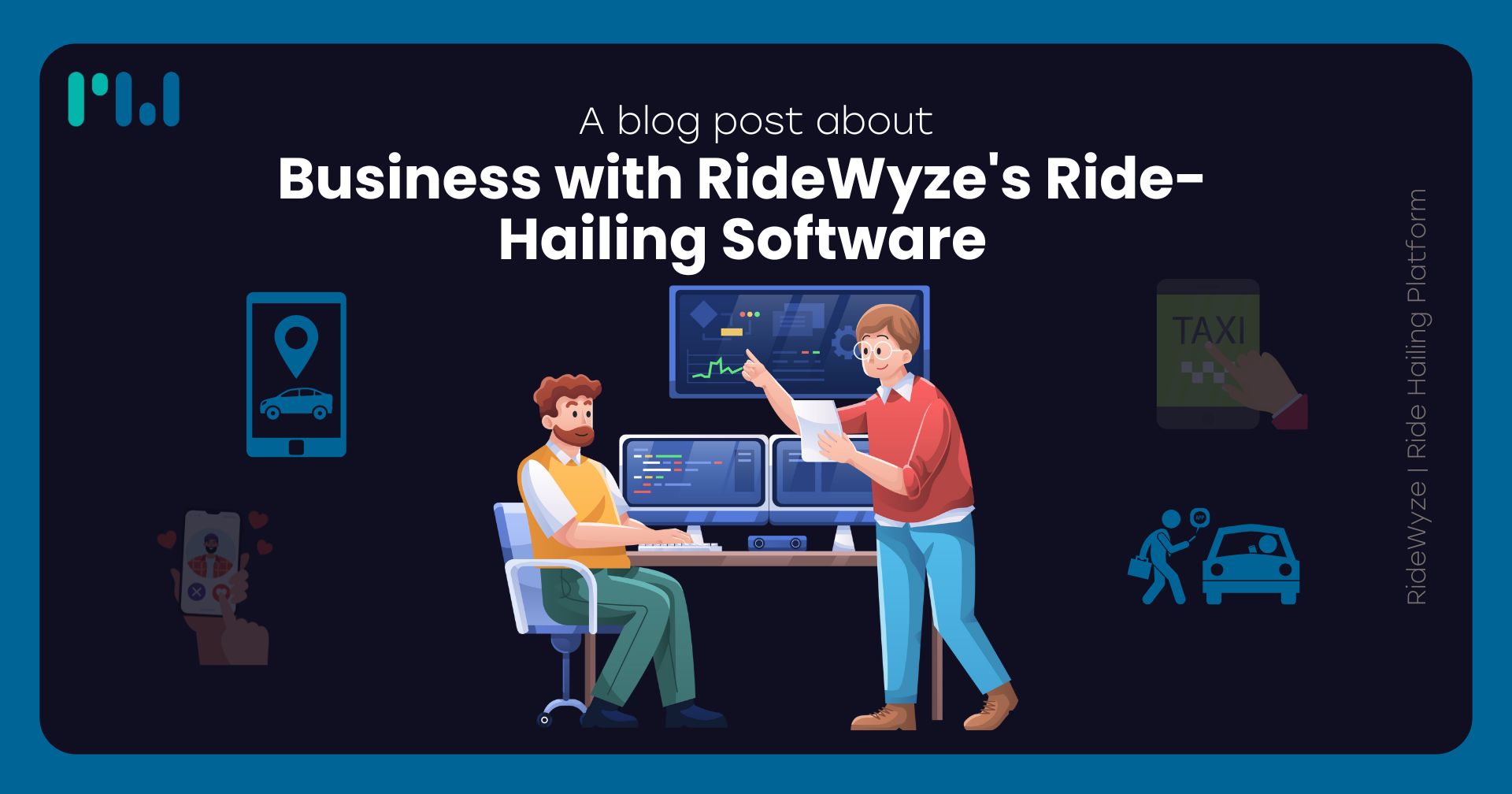
Article
Business with RideWyze's Ride-Hailing Software
Streamline operations, boost customer experience, and maximize profits with RideWyze’s advanced ride-hailing solution.
11 Feb, 2025 · 6 min read

Article
Bolt Clone App Development
Build a Bolt clone app with seamless booking, top features, and smooth user experience.
14 Feb, 2025 · 6 min read

Article
How to Build an Uber-Like App
Learn the key steps, features, and technologies required to develop a successful Uber-like ride-hailing app with a seamless user experience.
18 Feb, 2025 · 6 min read
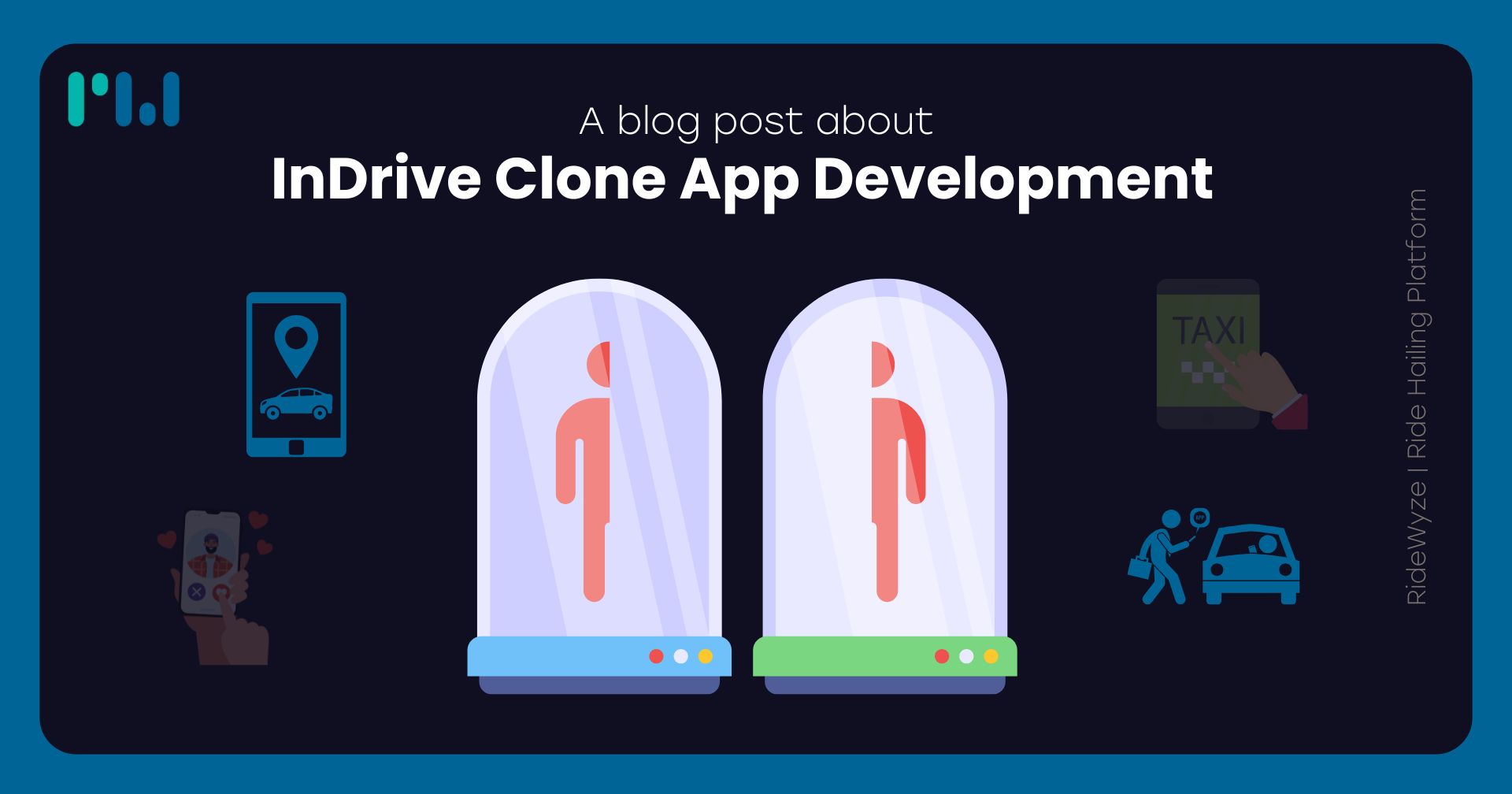
Article
InDrive Clone App Development
Build a custom InDrive-like app with a white-label solution, advanced features, and seamless ride-hailing experience.
20 Feb, 2025 · 6 min read
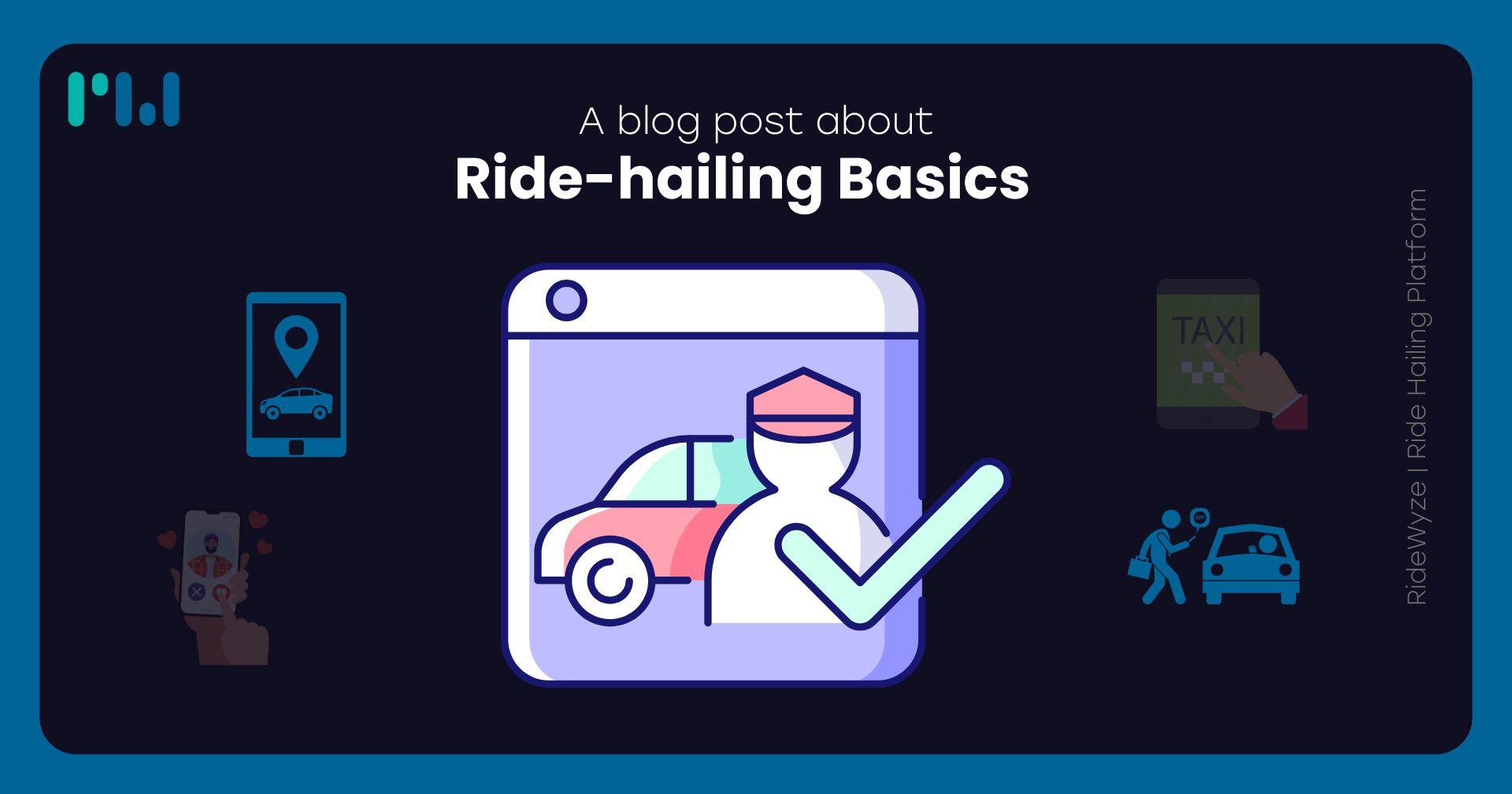
Article
Ride-hailing Basics
Learn the fundamentals of ride-hailing, from booking a ride to driver and passenger essentials for a seamless experience.
21 Feb, 2025 · 6 min read

Article
Ride-Hailing vs. Ride-Sharing the Key Difference
Learn the difference between ride-hailing and ride-sharing services, and how each impacts transportation and mobility.
25 Feb 2025 · 6 min read
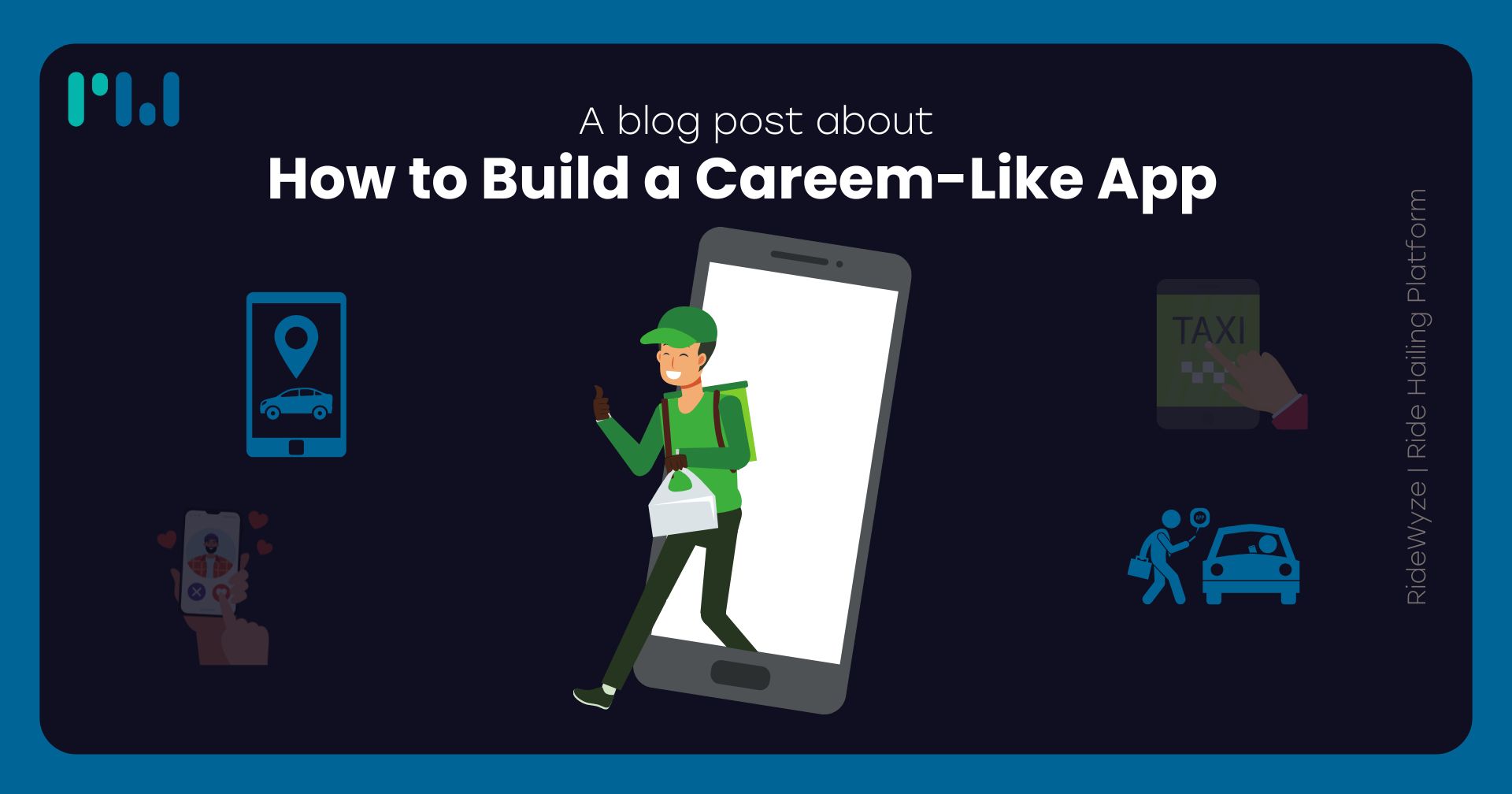
Article
How to Build a Careem-Like App
Develop a feature-rich, scalable ride-hailing app like Careem with seamless booking and payment integration.
26 Feb 2025 · 6 min read
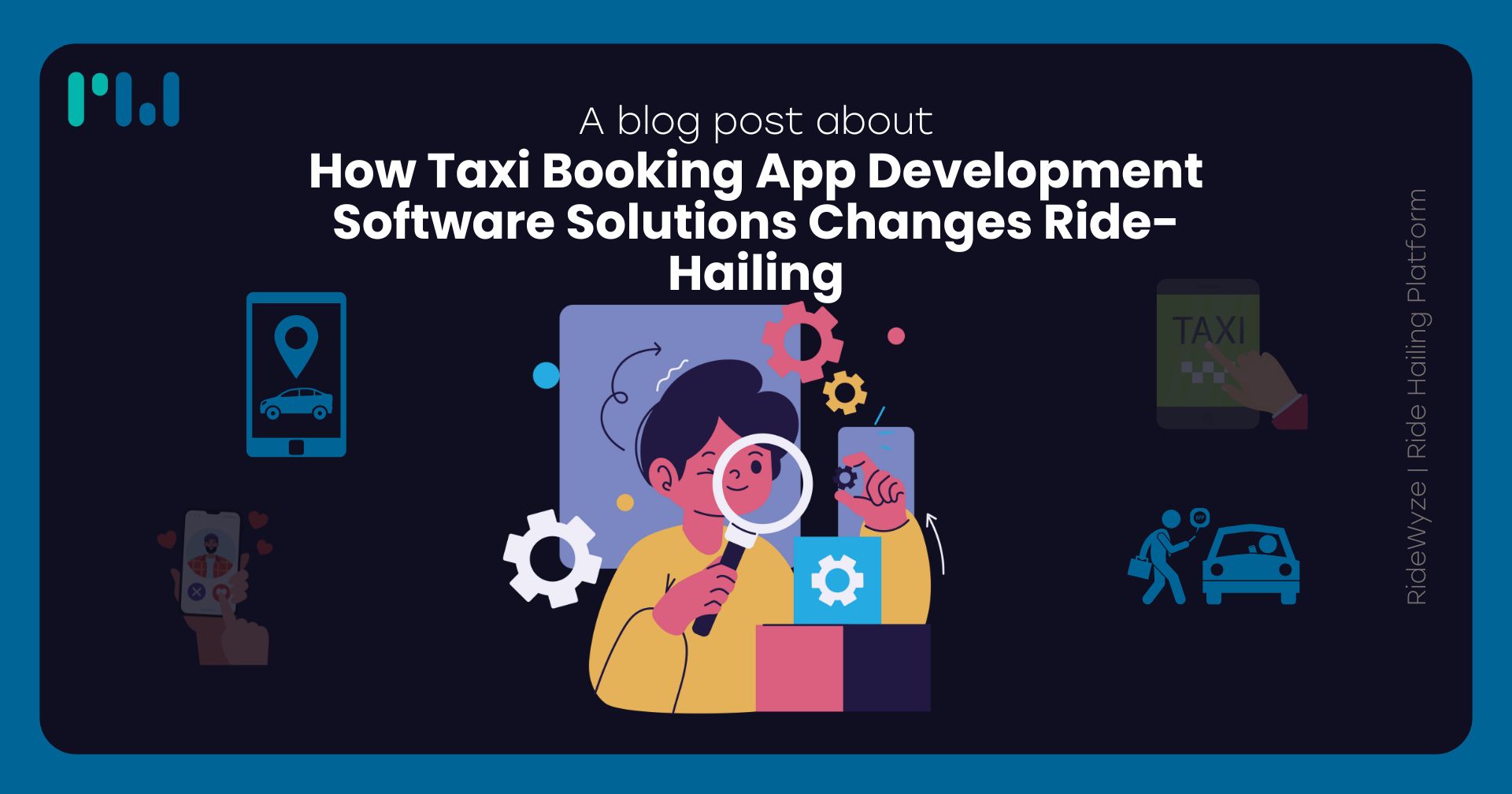
Article
How Taxi Booking App Development Software
Discover how advanced software solutions enhance ride-hailing efficiency, user experience, and business growth.
28 Feb 2025 · 6 min read
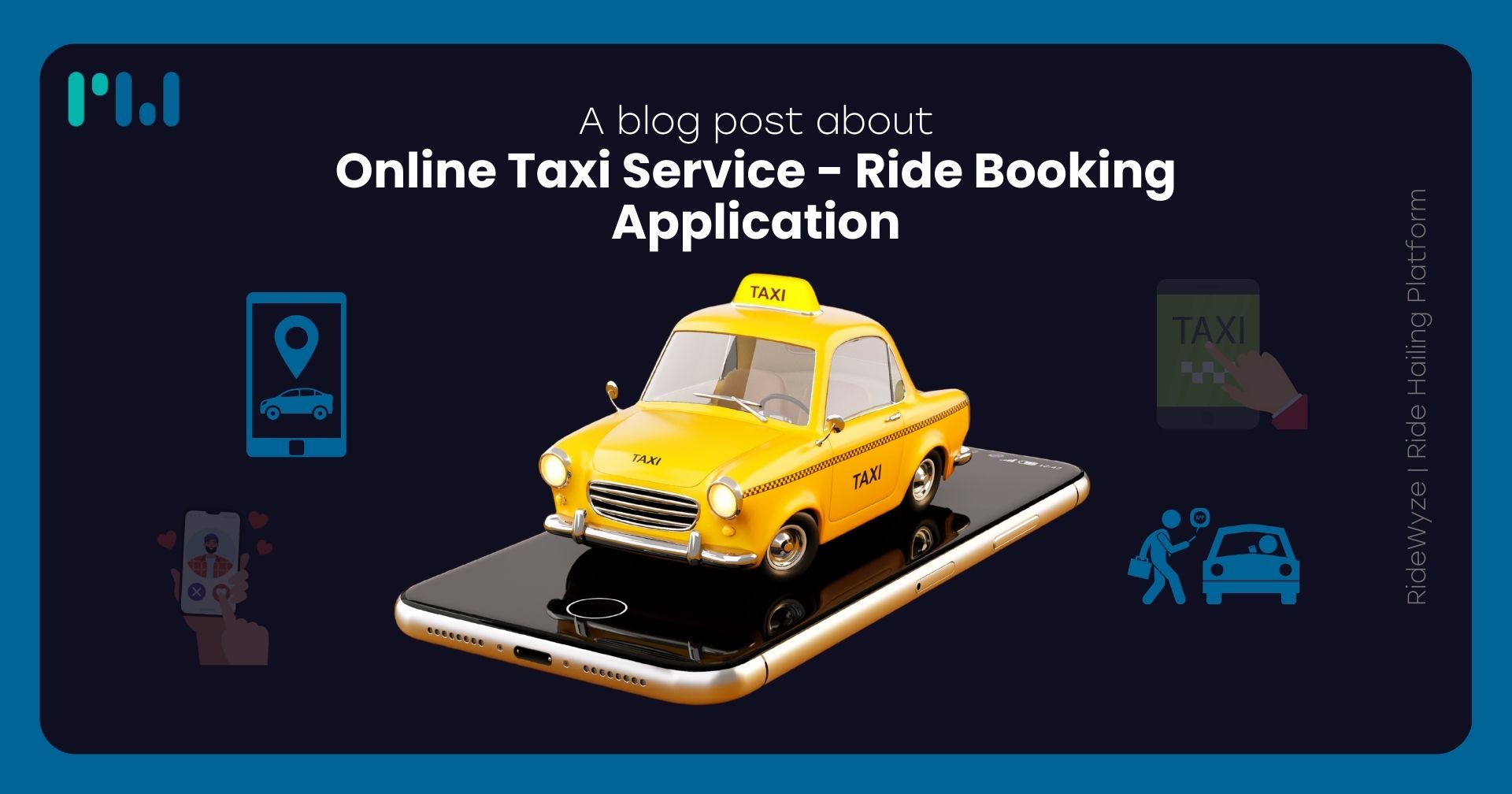
Article
Online Taxi Service - Ride Booking Application
Seamless ride booking with real-time tracking and secure payments.
3 March 2025 · 6 min read
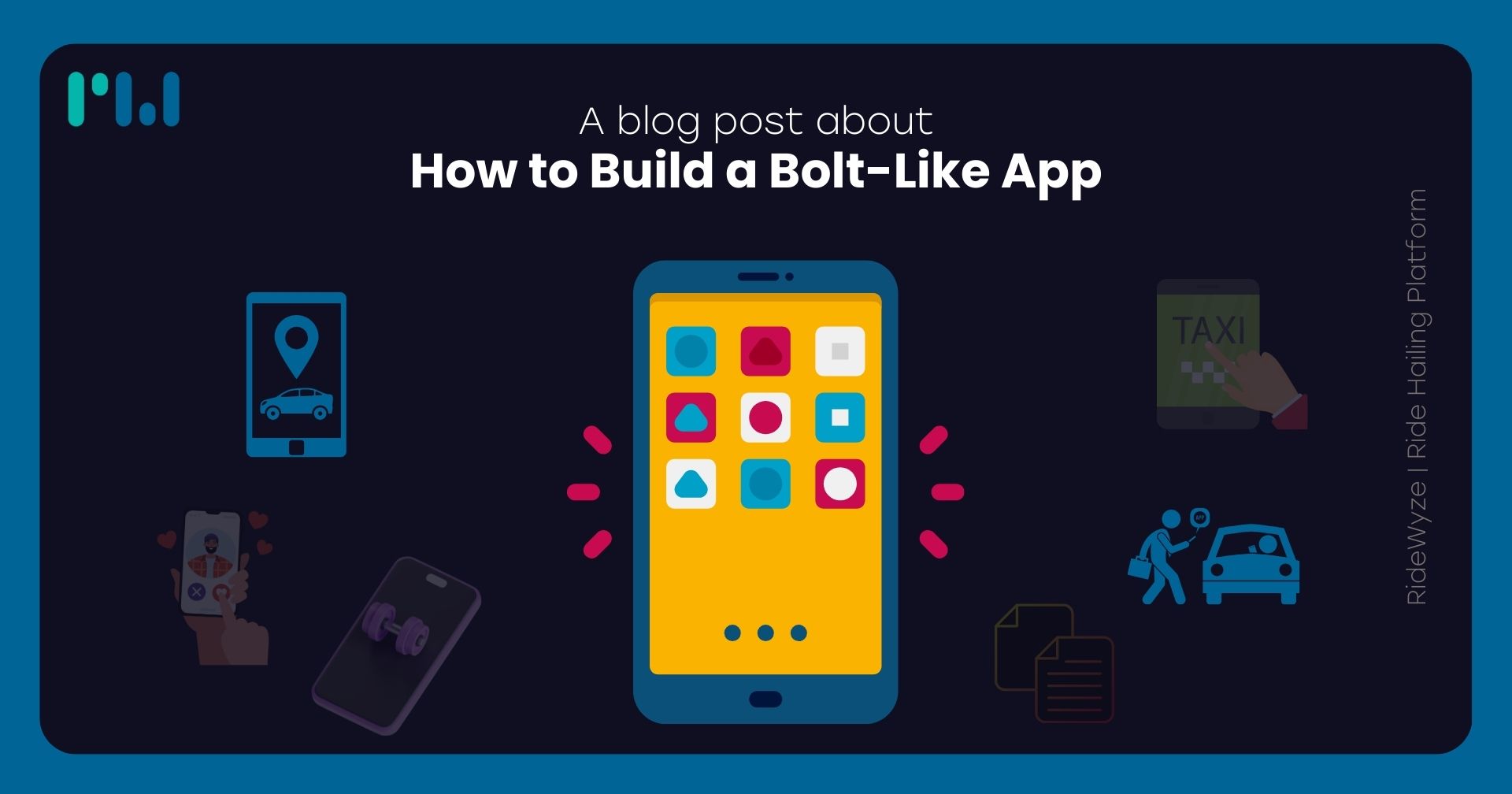
Article
How to Build a Bolt-Like App
Learn the key features, development steps, and costs involved in creating a Bolt-style ride-hailing app.
10 March 2025 · 6 min read
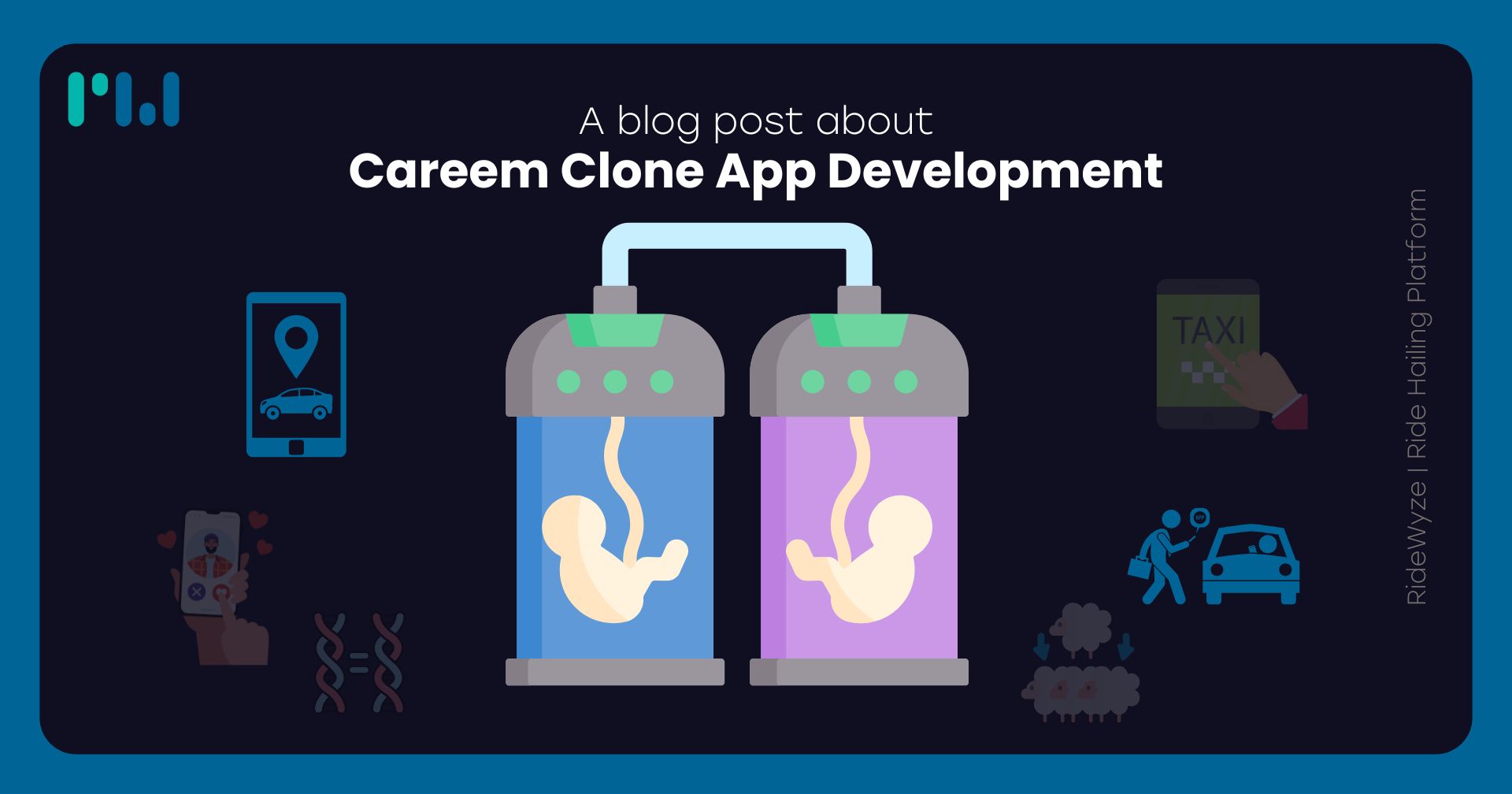
Article
Careem Clone App Development
Launch your own ride-hailing service with a white-label Careem clone app, featuring seamless booking and advanced features.
12 March 2025 · 6 min read
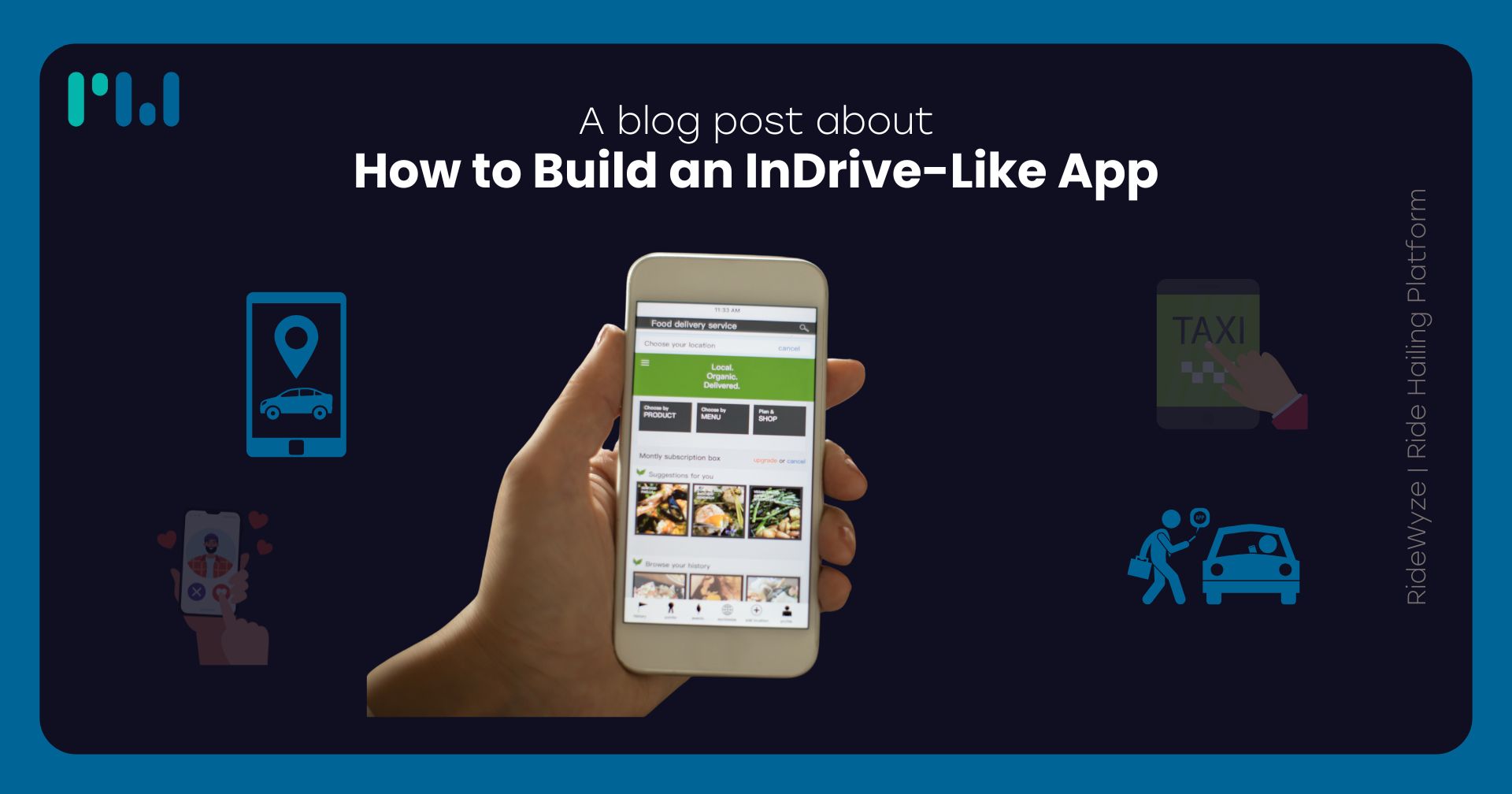
Article
How to Build an InDrive-Like App
Learn the key features, development process, and cost factors for creating a custom InDrive-style ride-hailing app.
13 March 2025 · 6 min read

Article
Key Trends Shaping the Ride-Hailing Industry in 2025
Discover emerging innovations transforming ride-hailing in 2025.
19 March 2025 · 6 min read
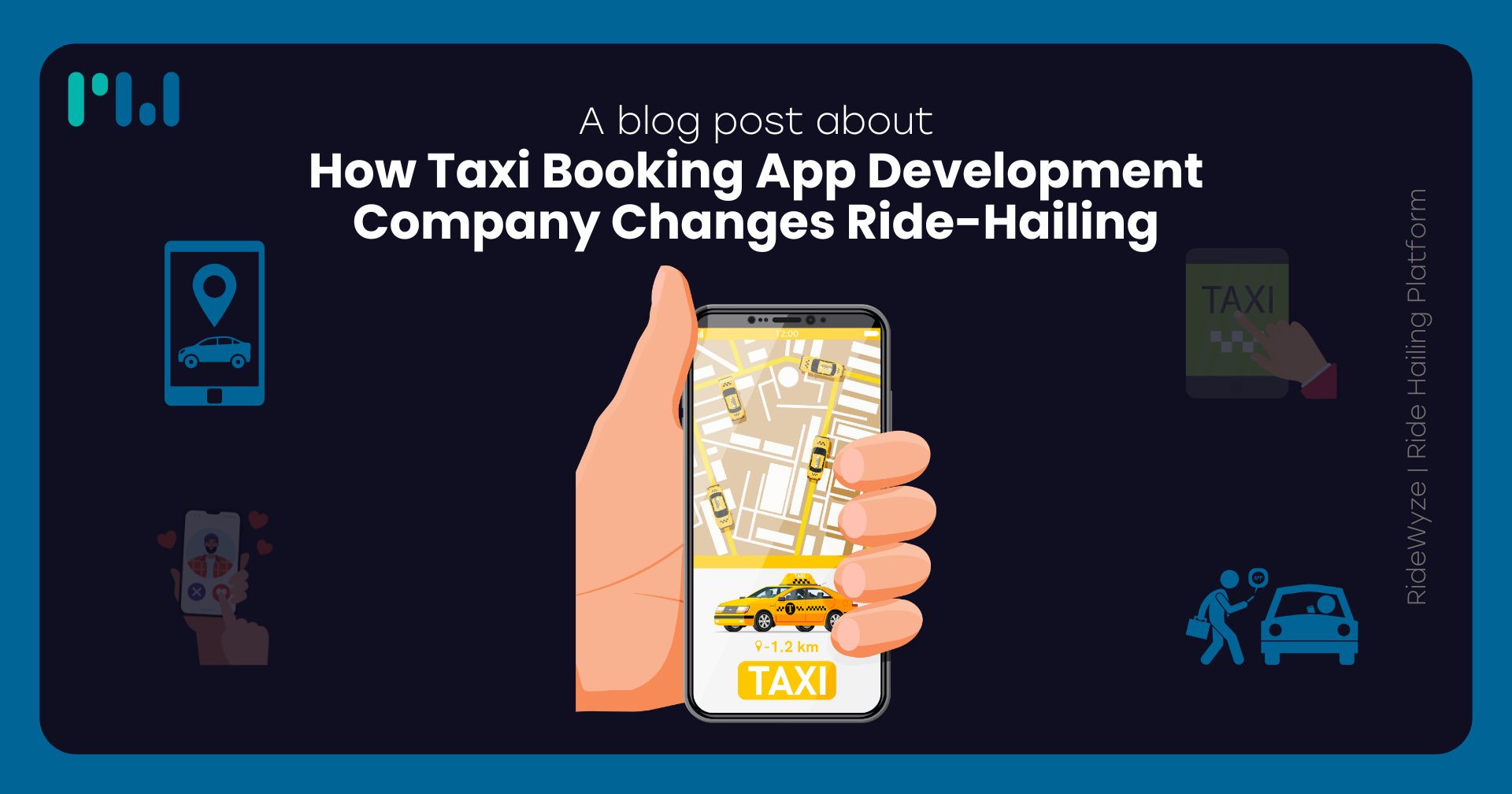
Article
How Taxi Booking App Development Company Changes Ride-Hailing
Discover how expert app development transforms the ride-hailing industry with innovation and efficiency.
25 March 2025 · 6 min read
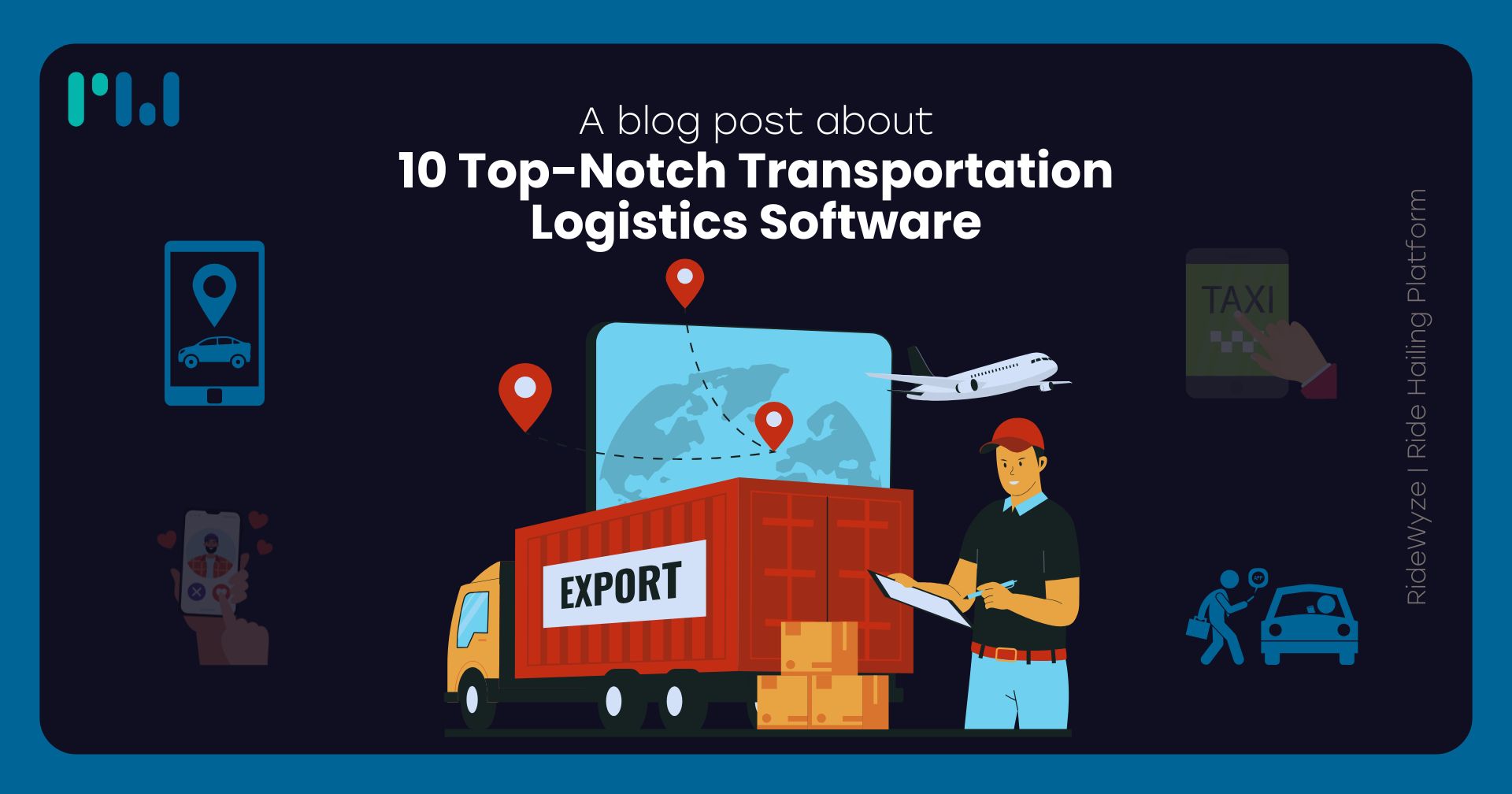
Article
10 Top-Notch Transportation Logistics Software
Explore the best software solutions for optimizing transportation and logistics operations.4o
26 March 2025 · 6 min read
Ready to elevate your ride-hailing business? RideWyze has the tools and expertise to help you succeed. Contact us for a personalized demo today!
